A Trailblazer in Indian Chess - Manuel Aaron
Manuel Aaron was India's first International Master. Manuel is a great champion who indulged in battles with players like Fischer, Botvinnik, and other world superstars in his prime. He laid the foundation for Indian chess, due to which India has now become a superpower in the Chess world. In the 5th episode of Olympiad Stories with Saravanan, IM Saravanan shares some interesting stories about the first Indian Superstar, the grand old man of Indian chess. Photo: The Hindu archives.
The Grand Old man of Indian chess - Manuel Aaron
IM Sagar Shah (SS): Saravanan, if we talk about superstars in Indian chess, then the first name that comes to mind is Vishy Anand. Would you say there were any superstars before him? Who were the most popular people?
IM Venkatachalam Saravanan (VS): Manuel Aaron, without any doubt. He is the grand old man of Indian chess. He is around 86 years old now and still going steady, still training youngsters and teaching chess. To give a perspective of what kind of times Manuel Aaron came from, he became an International Master in 1961. Imagine! At that point, even air travel was considered a luxury. How many tournaments in a year would everyone play? It's mind-boggling to think of those times. Manuel Aaron, who became the first international master from India in 1961, who also took up the roles as an administrator for the game of chess in India, is a definitely a Colossus of a personality. I had the pleasure of being his colleague in Indian Bank for about two and a half years from 1990 to 1993.
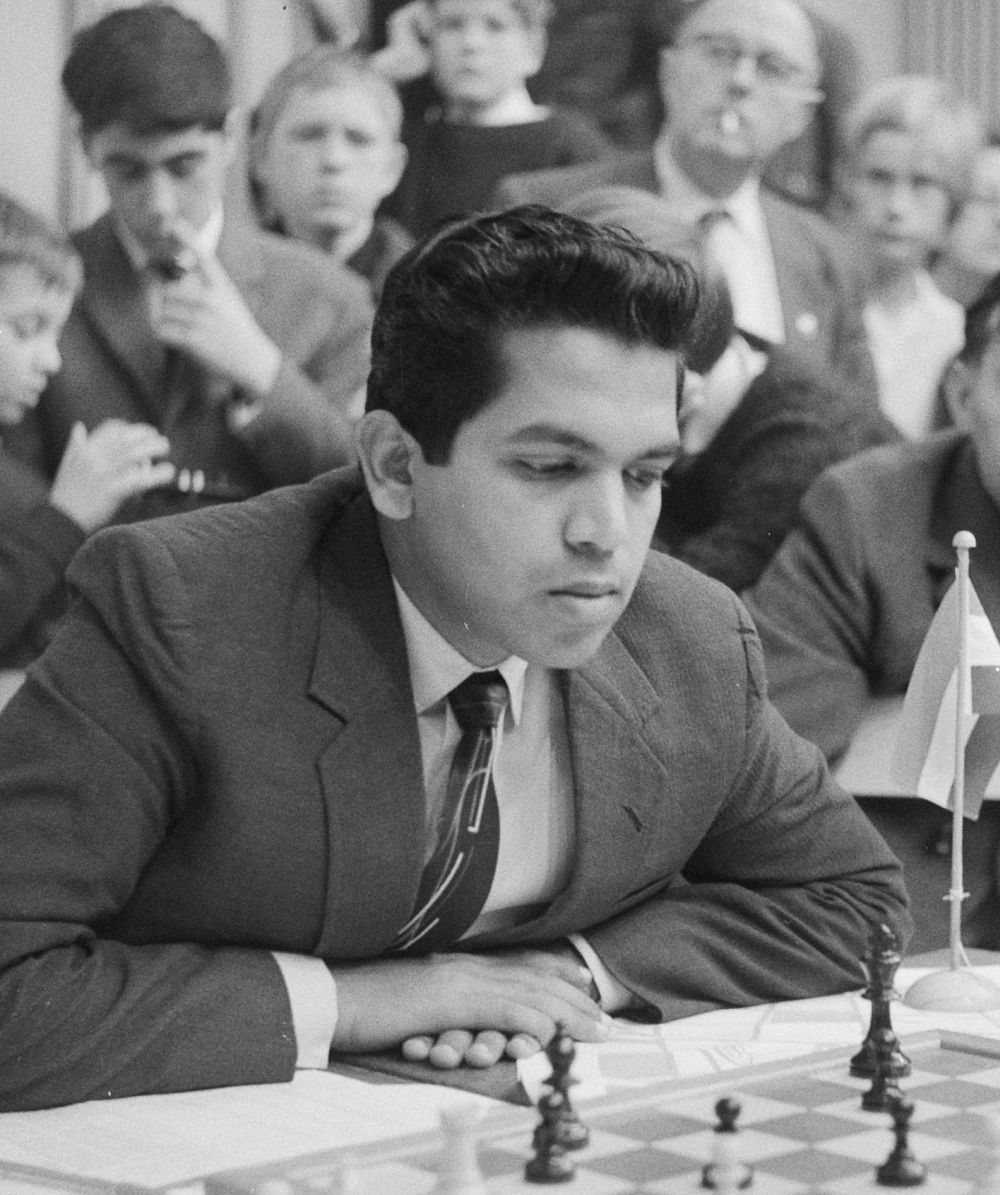
SS: He has won 9 national titles, if I'm not mistaken. Then he was an administrator, I think he was the secretary of the Tamil Nadu state chess association and the AICF. He has also been a journalist and an author; he has just explored everything in and around chess and done it at a very deep level.
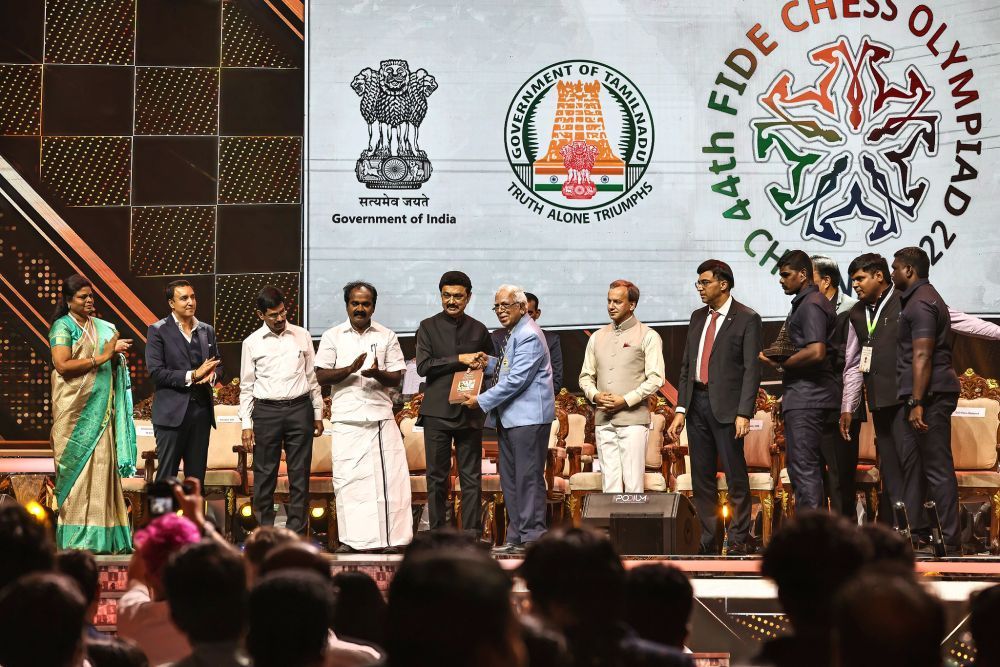
VS: Yes. He also played for three Olympiads in India, in the late 60s. Even till the 1980s, he used to play the Commonwealth championship in London. I played only one game with him, in 1994. I remember the game very well, I played e4 and he played d5. I went wrong in the opening, and I lost a pawn. Then I built up an attack on his kingside, and I made a pseudo-queen sacrifice. I played Qa7 - if you take on a7, Bc7 is checkmate. I still remember his face on the chessboard when I played Qa7. Afterwards he said "Qa7 is simple, but at the same time beautiful." He didn't say "I missed a win here, I was a pawn up", those kind of things. This was remarkable - it stayed in my memory for a long time.
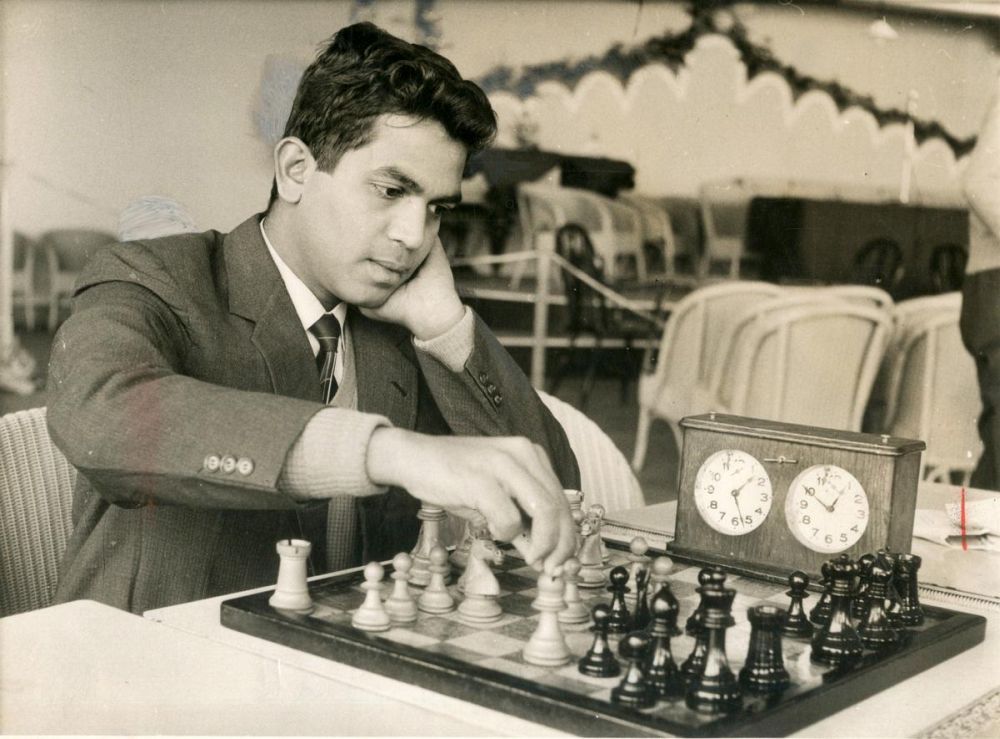
Manuel Aaron is also one of the coolest chess players I have seen on the chess board. In time pressure, the flag would be hanging in mechanical block, but Manuel Aaron's face will not show any emotion. He was my inspiration for the ability to stay calm on the board. The generation of players at that time in Tamil Nadu like Raja Ravishekhar, T.N. Parameswaran, K. Murugan and in all India level it was Varghese Koshy, Pravin Thipsay, Dibyendu Barua.
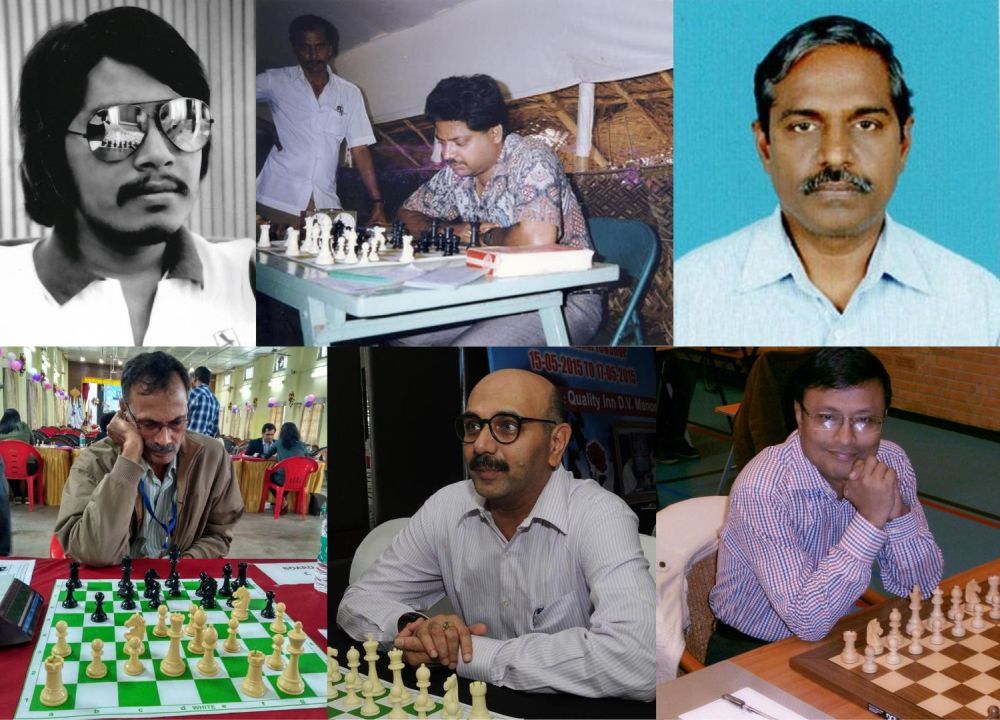
But there are some things about Manuel Aaron which I observed, learnt and respected him for it. Those things will stay with me forever, especially the ice-cold nerves even under time pressure.
SS: I think this thing that you mentioned about him saying "this was a good game played by you" also shows his objectivity. When I met him recently, I could sense that. When I sometimes meet people who have played chess in the past era, they have lost their sense of objectivity. But when you ask Manuel Aaron about his achievements, like I spoke about his Olympiads, he's like "Yeah, but at that point this player was old, so I could win it". He could have said "I beat 2 ex-world champions". It was very special for me!
VS: By the way, he was an International Arbiter as well. In one of the nationals which I played at Calicut in 1990, he was the chief arbiter. A man of many hats without any doubt!
SS: The first Olympiad that he played was in 1960, held in Leipzig. I read recently in one article that India would not send its team at that point. There were no funds, so the players had to put in their own funds. I mean, to go to the Olympiad itself was a big, big challenge.
VS: Definitely. I mean, it was a completely different era. I still have one memory of that time: Looking at Aaron's photograph at that time in one of the Olympiads. He was completely suited, with tie and all that.
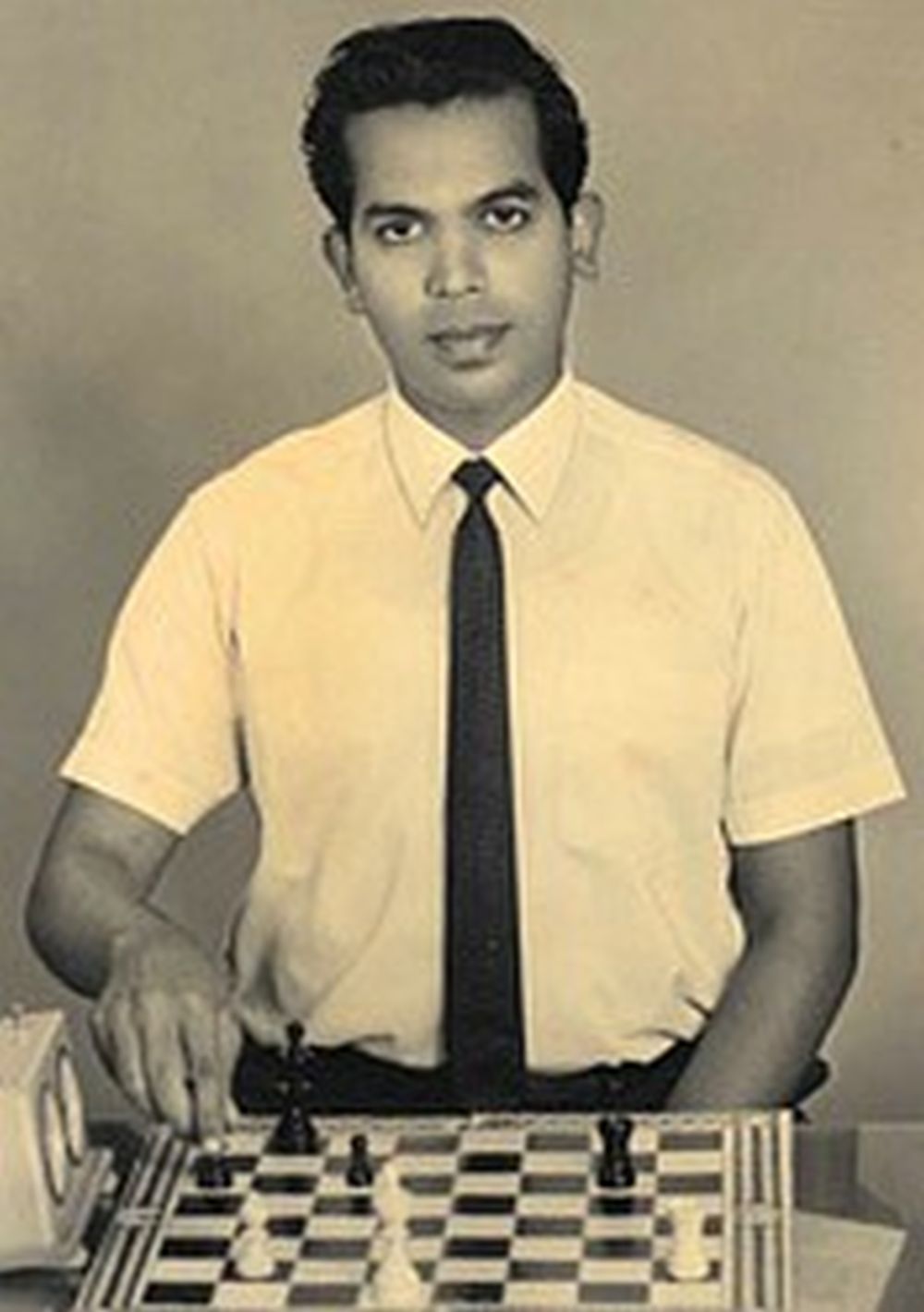
After I joined the Indian Bank, I saw that he was one of the best-dressed people in the building. In today's tournament halls, especially in India, you see T-shirts and jeans everywhere. You almost yearn for this time in chess history, when people took the business of playing chess very seriously and dressing up very seriously. Even when I joined the Indian bank, as his colleague I always used to see him well dressed. He was always wearing a full-sleeved shirt with proper trousers and black shoes. He belonged to an era where he brought decorum whichever role he played: player, arbiter, organizer, everything. He also found India's first chess magazine, Chess Mate.
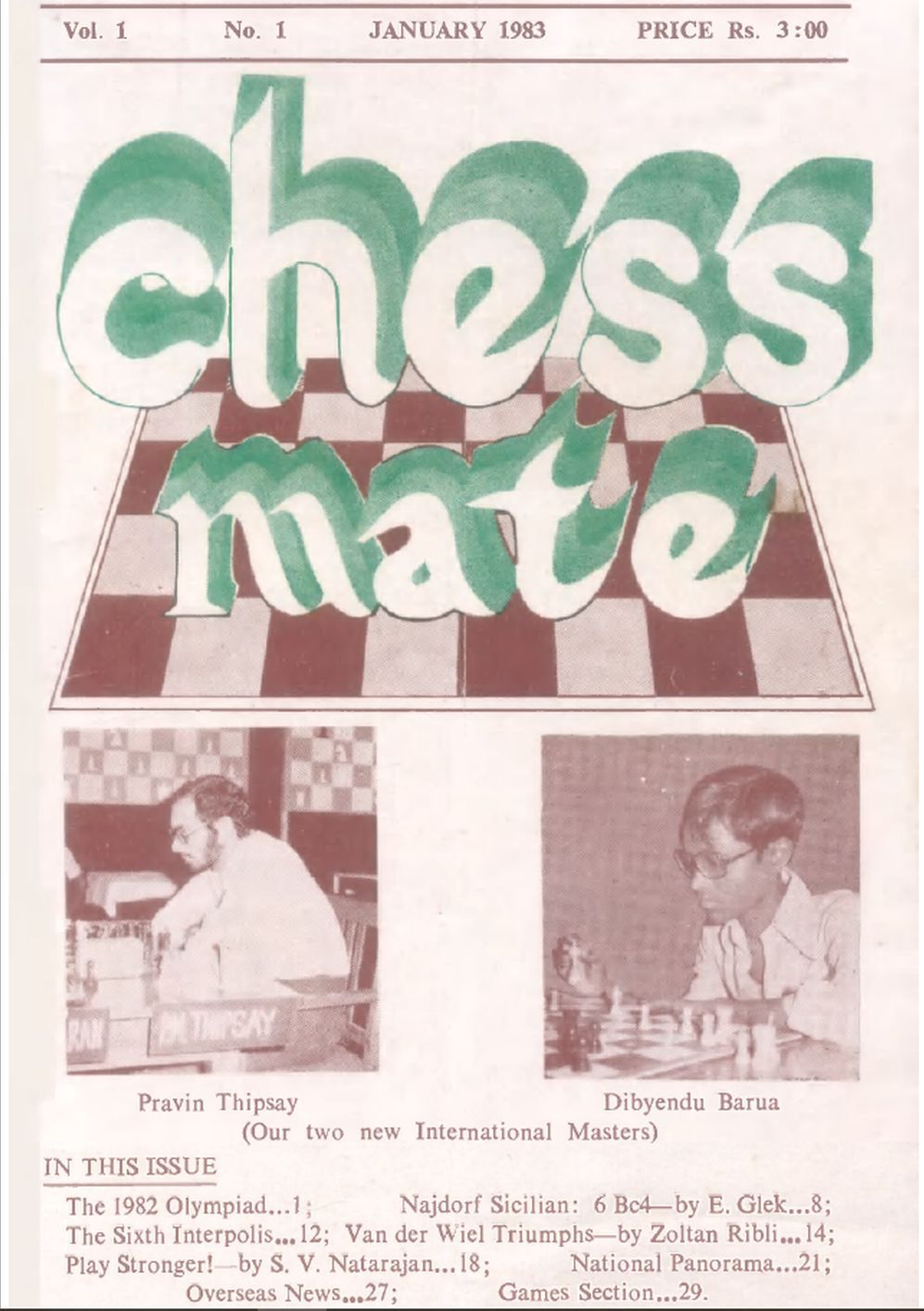
In my opinion, it's a very well-run magazine. It's more than four decades now since it started. I still remember, in 1983, the first issue of Chess Mate was distributed free. My brother took a postcard, wrote our house address and sent it to Chess Mate, and it was delivered by post. I have had chess mate issues from the very first issue for about 10 years. Actually, that is another gold mine there, from which I can scour more stories at a later point. this chess magazine. I remember very well that many, many small details were very, very well researched by Aaron before he would publish it.
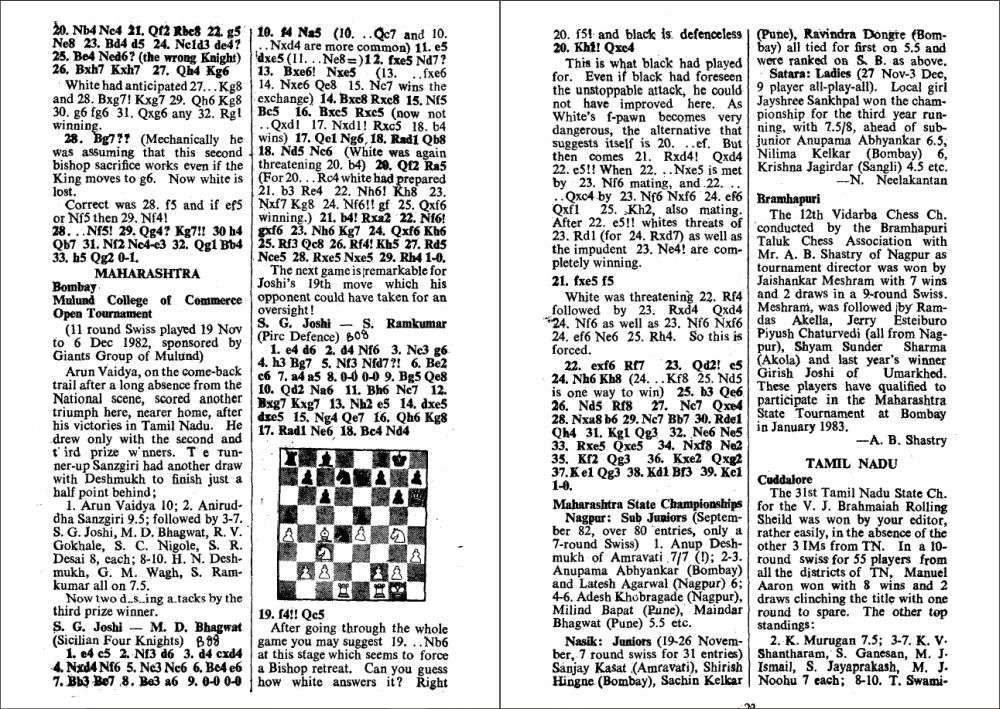
He had a sense of humor, which was a little offbeat. At the time, we couldn't understand much of many things he wrote, but he did have a sense of humor. Many things about him stay very fresh in my memory.
SS: I think when players would be featured in Chess Mate, it would give them such a nice boost, and that propels the chess culture of an entire nation. When you know that your picture is coming on the cover, or your game is going to be published, you feel like I should do even better in the next tournament.
VS: Exactly. What you're doing today in ChessBase India, I would say Chess Mate did the same, the maximum they could in those times. There used to be a facility called book post, through which you send a magazine or any publication which is not personal in nature.
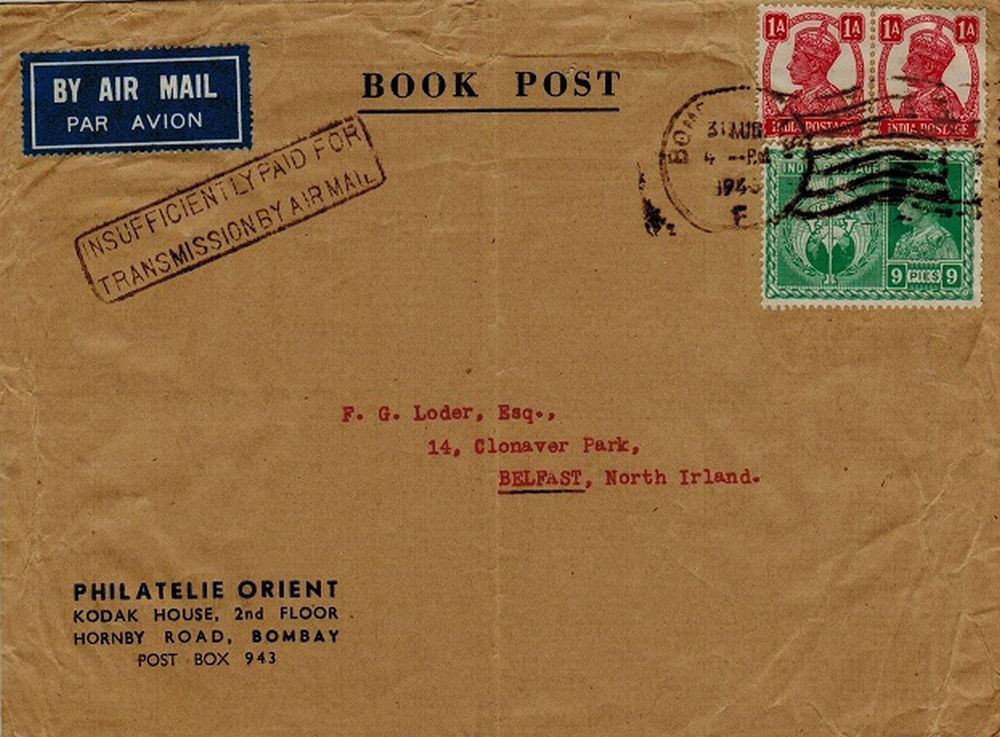
At that time, Manuel Aaron said: To get the Book Post facility approved for his magazine, it took him 35 days. He visited an office close to 20 times, just to get the postage approved! Today's kids cannot even understand this obviously. You communicate by WhatsApp in 10 seconds, at a maximum of two minutes by an email. They were completely different times, and this was a very, very hard-working man who had to work a lot for all of the roles he played in Indian Chess.
SS: He managed to play against some of the best players in the world. I think he was the first person with whom we could say like, okay, how does an Indian compare to the absolute best players in the world of chess? If I'm not mistaken, he's played against Botvinnik, Fischer, Euwe, Portisch, and the list goes on. Most of these games happened at the Olympiads!
VS: Yes. In those days, the Olympiad used to be a 2-story tournament. First, you have a preliminary group and then the finals A and B. In the preliminaries, he met Euwe and Botvinnik. There is even a game of him against Florencio Campomanes, who later on became the FIDE President. They knew each other and they had a personal friendship because of it.
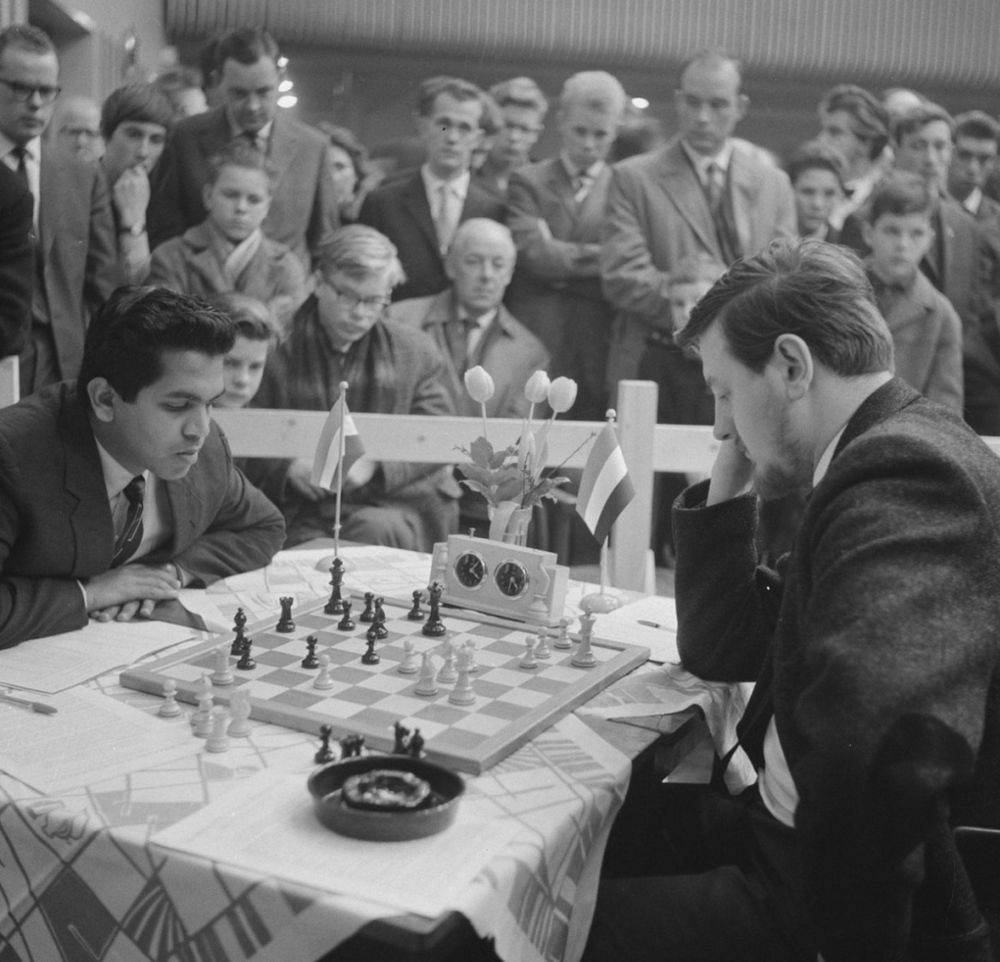
SS: I think we can look at his game against Max Euwe, which he won. This game was played in 1960 at the Leipzig Olympiad. I spoke with him about this game and I said, "you beat Max Euwe, that's already a great achievement. He was a former world champion! He replied:
Imagine that a young kid today plays against me in India. Isn't he going to beat me?
So, you know, at that point Max Euwe was on his way out. He was not as strong when he was as a world champion, but that was his objectivity.
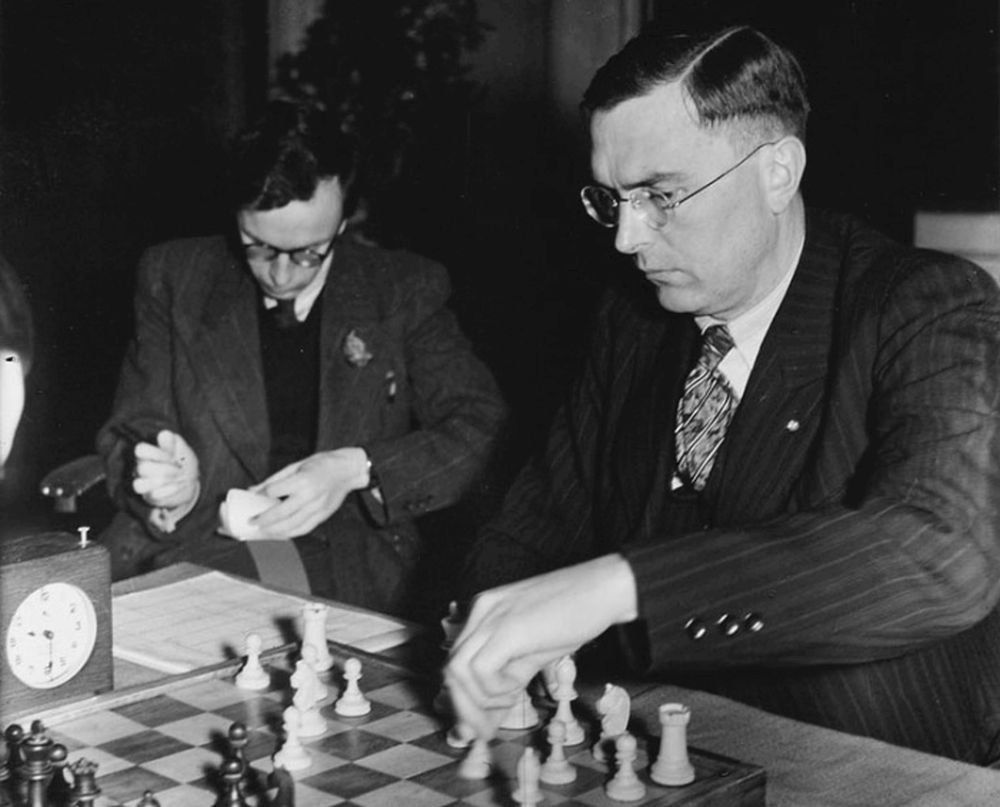
VS: Possible, but still they were the greats of world chess. At that time, to play them and beat them, look at Aaron willpower and self-belief! Amazing simply.
Manuel Aaron vs Max Euwe, 1960 Leipzig Olympiad
VS: I had the pleasure of talking to a couple of Aaron's competitors of those era - Rafique Khan, Mohammed Azar, Nasiruddin Ghalib, who later on became the secretary of All India chess federation and was Aaron's competitor in the 60's.
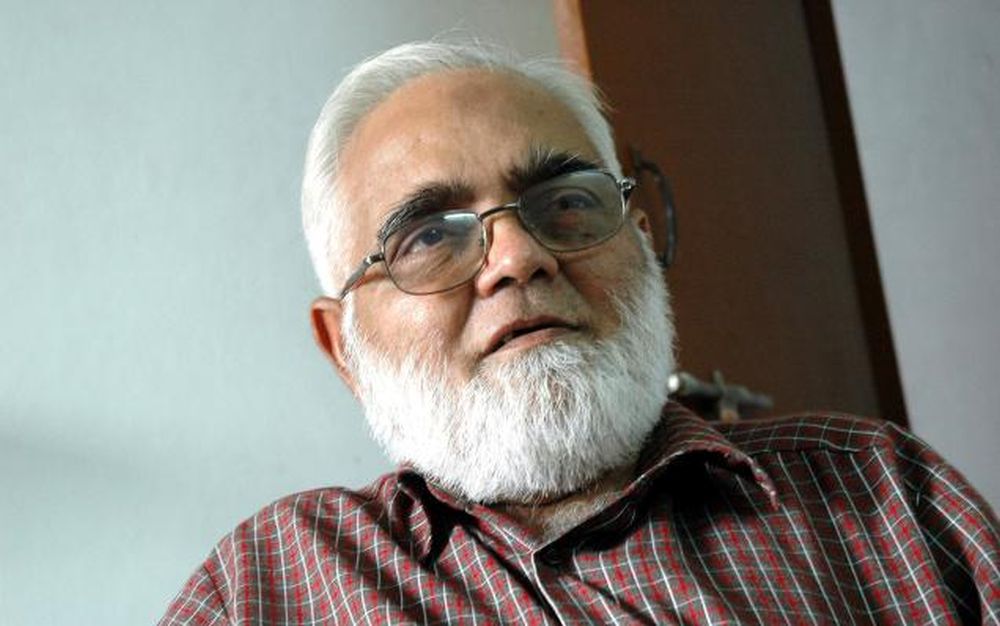
Nasiruddin Ghalib told me:
In the 60's and 70's, Manuel Aaron was the only person in India who knew the principles of middlegame.
In that generation, everyone played original chess, because many of them learned by playing Indian chess with different rules. Right. Manuel Aaron was the only person who studied books, who had access to literature. So, he played according to middlegame principles. Even in this game, Aaron puts his pieces in the right squares most of the time.
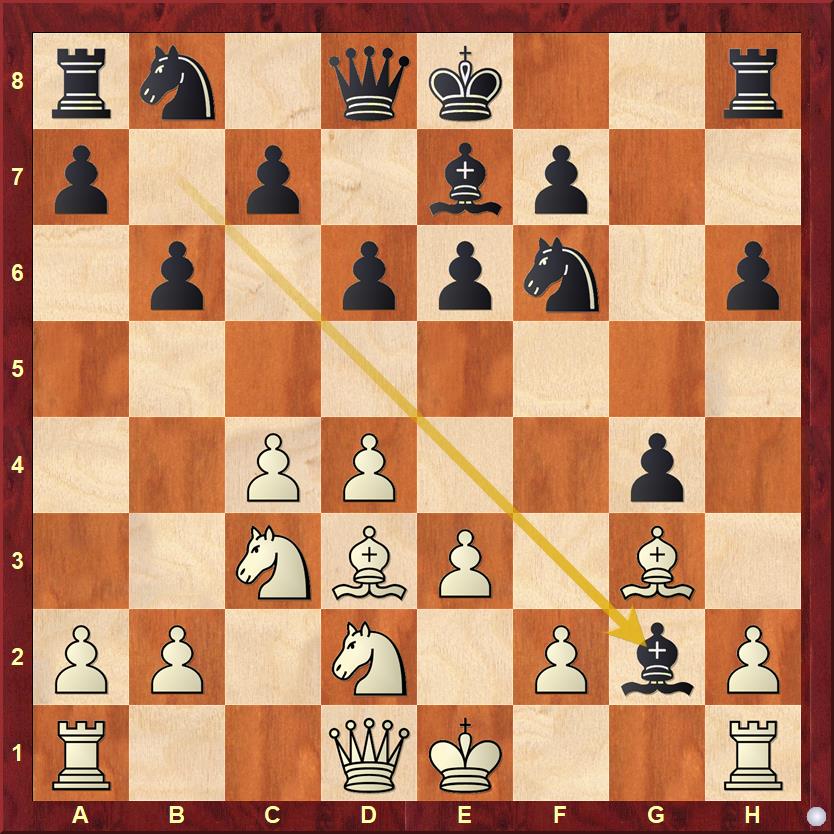
SS: In this position, Aaron gives up a pawn with 10. Nd2, getting compensation after 10... Bxg2.
VS: We shouldn't be too harsh in this game, after all these were his baby steps, but he always had an advantage.
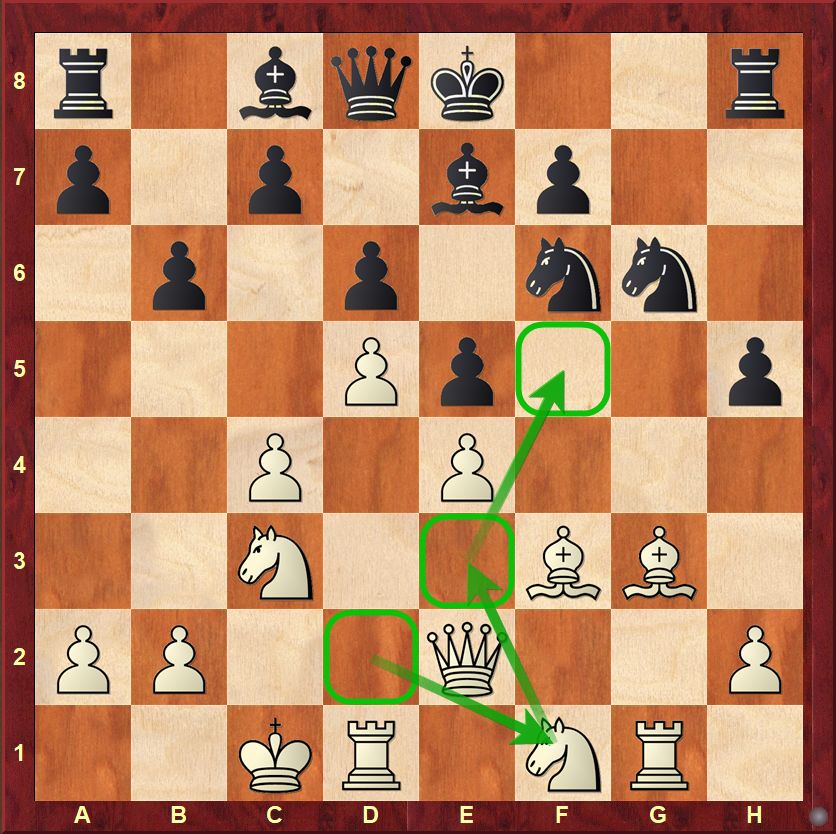
We will take the Nf1-e3-f5 maneuver as a given today. Any kid from the rating strength of 1000-1500 will find it in 10 seconds in Blitz. But to find maneuvers like this at those times from India - this is essentially the strength of Aron at those times.
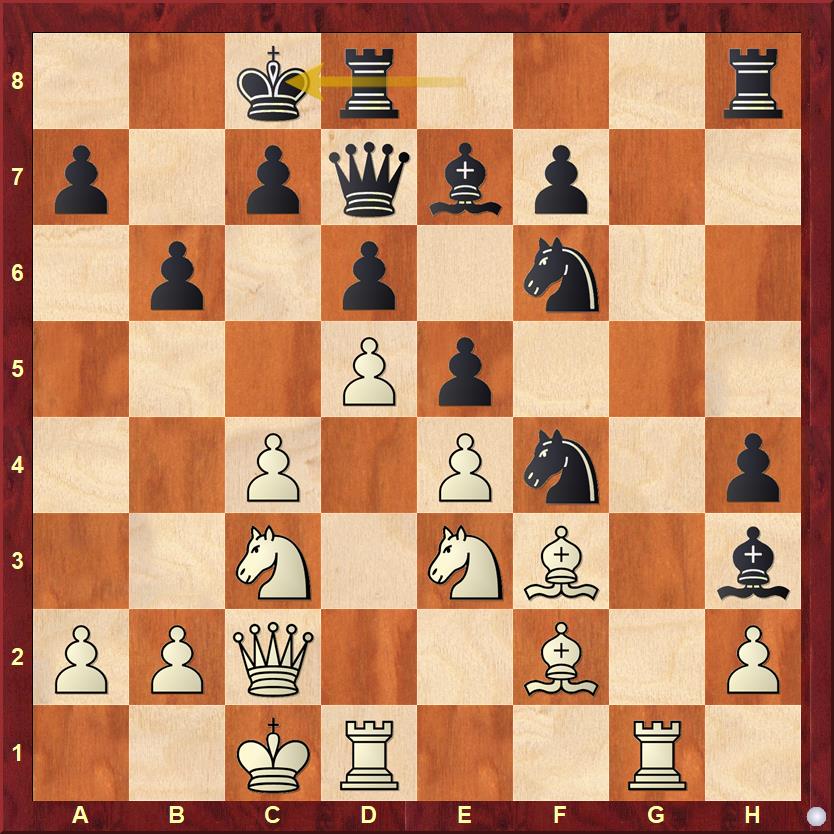
This was basically the moment I think Euwe was pushed into complacency. 23. Bf2 gets ready for 0-0-0. So, he could have probably delayed 0-0-0 a little by playing ...Nh7 and so on. From here on, it is really good play by white.
SS: Yeah, here Aaron played 24. a4, trying to soften up the king, 24...Kb7 25. b4!
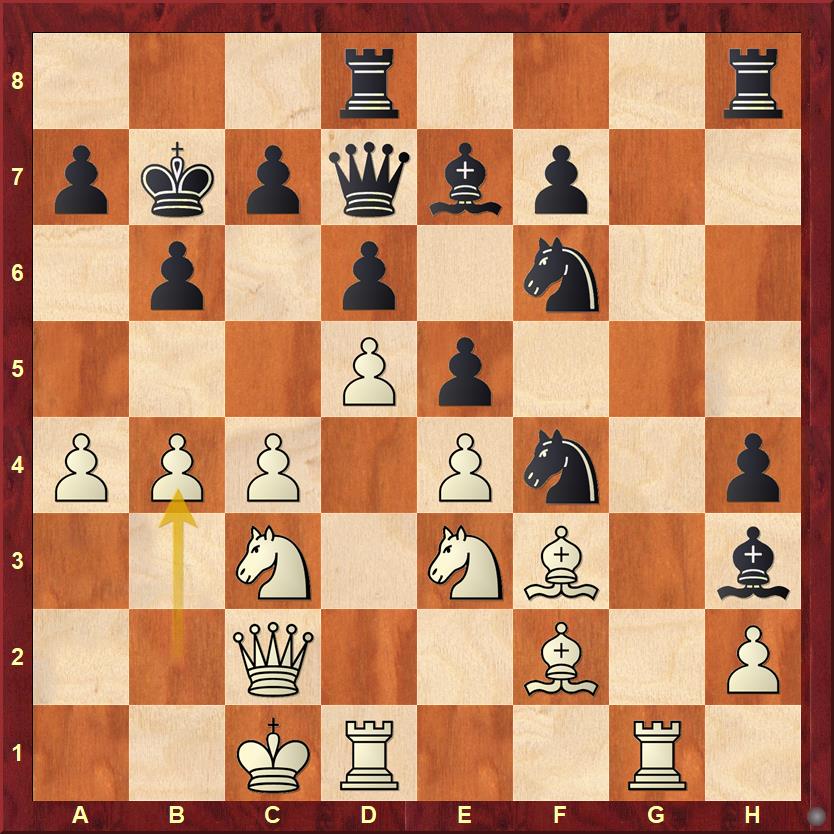
This also requires some understanding, that you can move your pawns in front of your king. Because you have a space advantage, his attack is not going to come through.
VS: There is a story about this. You know, I came to Chennai in the late 80's. During the 80's and 90's, Manuel Aaron was the center stage of organization in Chennai, so I used to meet him literally every day. In every tournament, he would be there as an arbiter or player. Aaron was always a person who shared his knowledge - when he was talking about learning in chess, he told this instance. In those days, there were the Soviet Union-India cooperation programs. They would send a Grandmaster, who would come and do coaching camps and all those things. So, they sent Grandmaster Alexey Suetin for one of these camps.
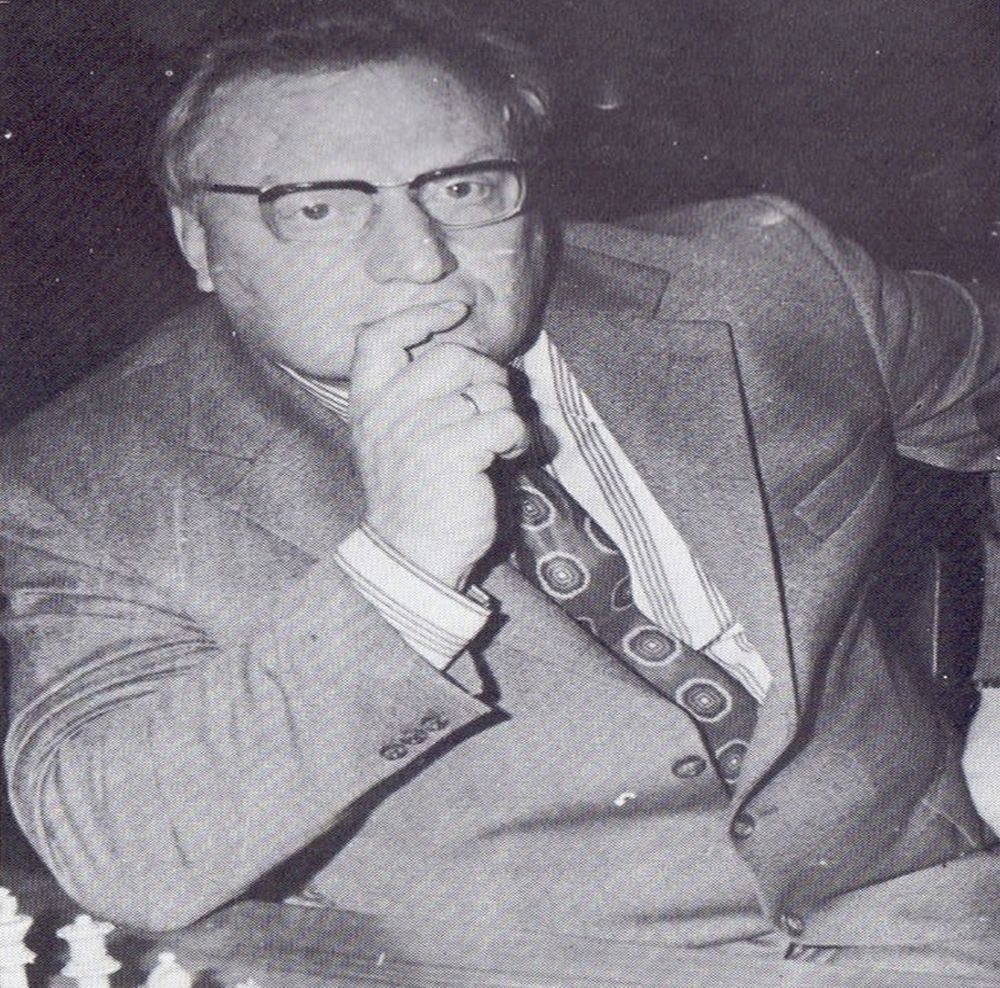
Suetin identified one of Aaron's weaknesses. He said: After you short castle, most of the times you are tempted and you play g4 and start attacking your opponent on the kingside. Most of the times, the attack doesn't succeed because of your scheme, but because your opponent errs. Most of the times, g4 is not correct at all, the concept is unjustified. Watch it in the future." Aaron said:
After a couple of months, I'm playing in a tournament, and the most natural move which comes to my mind is g4. Then I think about Suetin's words. Yeah, he told g4 is one of my weaknesses, but in this position it looks perfectly correct! I played g4, and after a few moves I realized Suetin was right - I weakened my kingside again.
In this game also, Aaron plays b4. You see, if you can equate the moves on the board with this personality, this was typical Aaron. Do what you do, believe it is correct, and always looking for a positive outcome. Aaron always played for a win even against the greater players.
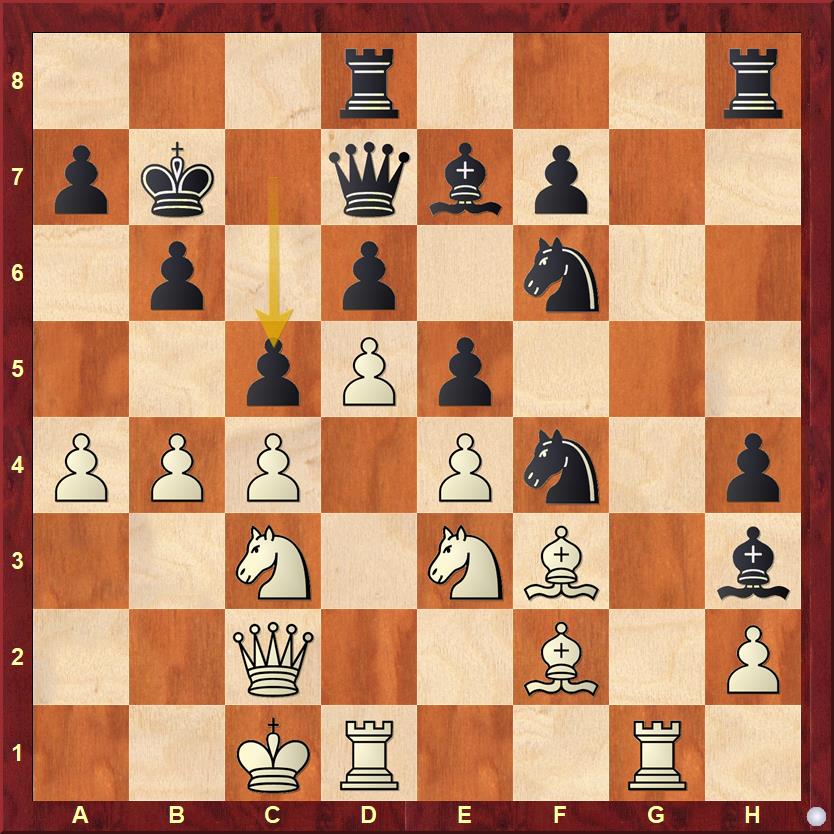
This was the decision mistake, I believe. He could've probably defended with ...a6 or ...Rb8 followed by ...Kc8, but definitely not ...c5; it is just a mistake.
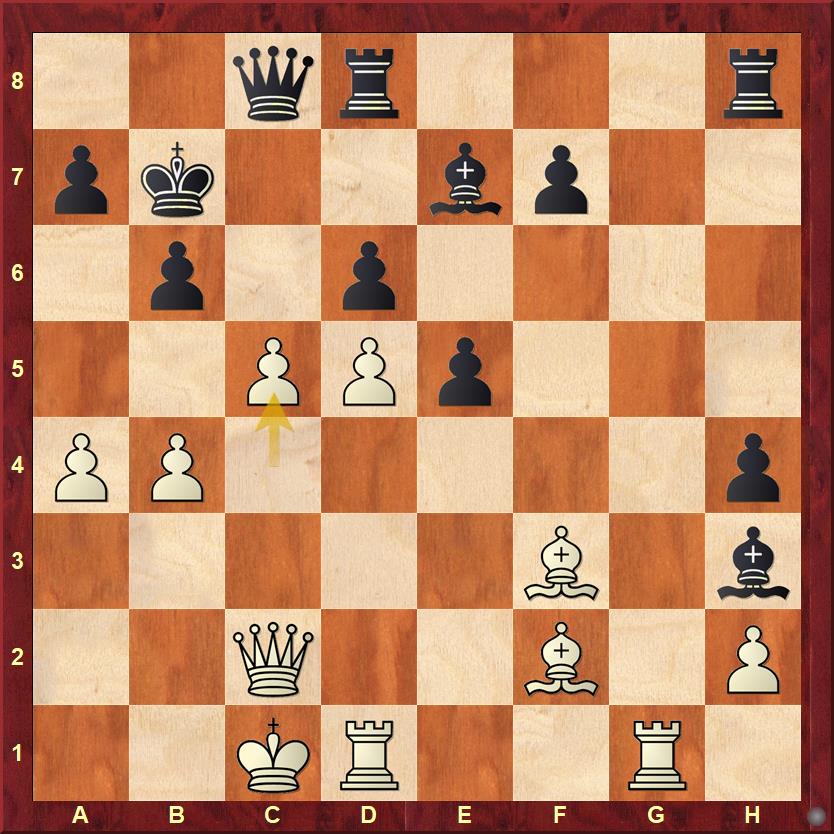
c5 was actually a very nice move. In fact, in this position, if White does not play c5, then Suetin's words might come true after all. White's king may also become weak. c5 is well-timed, bold and "let's go get them!" kind of move.
SS: After 30...Rdg8 31. c6+ Kc7 Aaron played 32.a5! bxa5 33. Qa4! A very nice way to attack here.
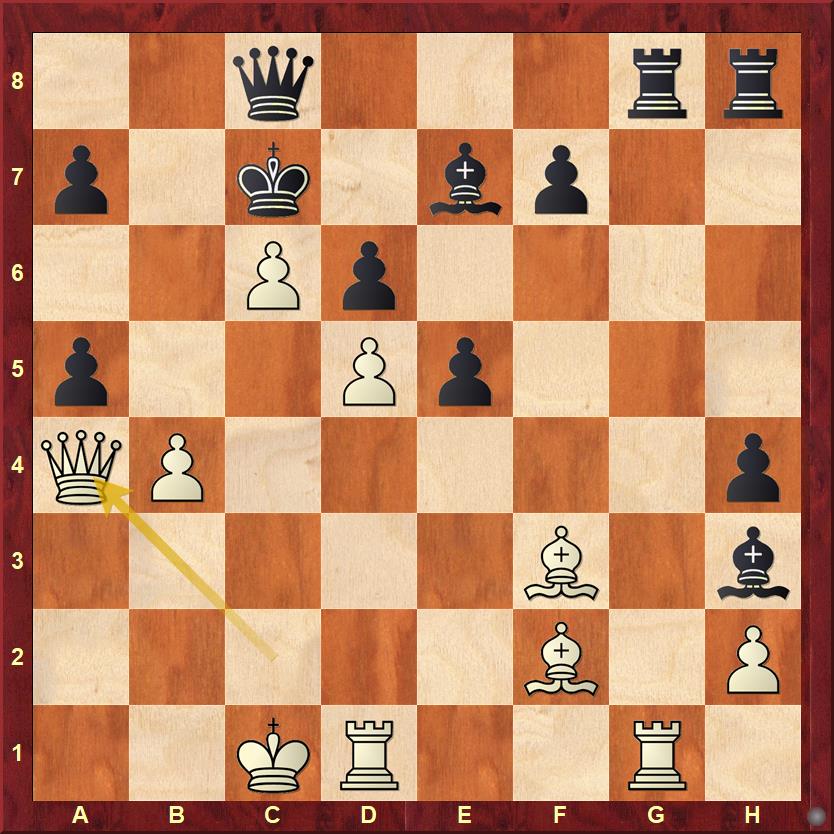
He won the crucial a7-pawn and with b and c-passed pawn pawns, it is over. I think at some point Euwe could have resigned, but he just kept playing. He kept playing even after being a rook down, finally resigning on move 55.
VS: Much later, when we were talking to Nasiruddin Ghalib and IM Raja Ravi Sekhar, they used to tell about some of these victories against Max Euwe and others. One of the main reasons why and how Aaron could achieve his victory was: he was one of those players in India who always believed that he could beat them. Even if you play against the absolute greats of history, like Max Euwe and Lajos Portisch. Where do they belong to in the history of chess? No book can be written by leaving these two names in those periods. But the self-belief that you can beat them, that was a quality that Aaron had.
SS: I think it's like on his shoulders, the next crop grows. When he beat these players, it opened up a door. Is it true that the Tal chess club was created because of his efforts?
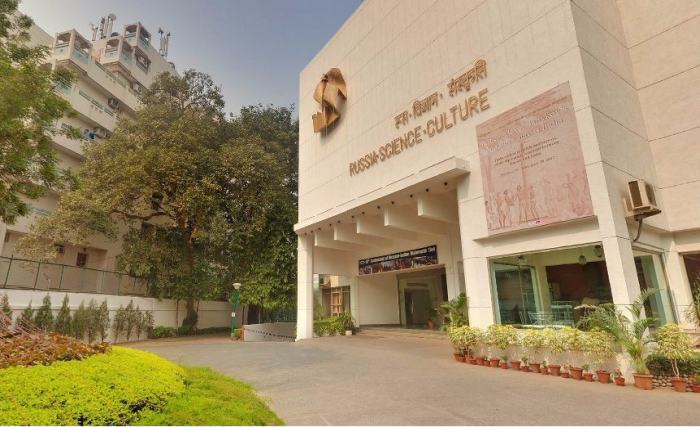
VS: Yes, absolutely. Not only the Tal Chess Club, even the Tamil Nadu Chess association, which is believe is one of the most vibrant chess state associations across India. Aaron was awarded the Arjuna award in 1961, for which he was given a train pass by the government. He would use the train pass - every weekend he would travel to a faraway district. I believe he was originally from Tuticorin, so he used the pass to go to Kanyakumari, he would go anywhere the overnight train would take him in Tamil Nadu. He would do something on the weekend - chief guest for a function, give a lecture for free. Mind you, he did not do it for any monetary purposes in those days.
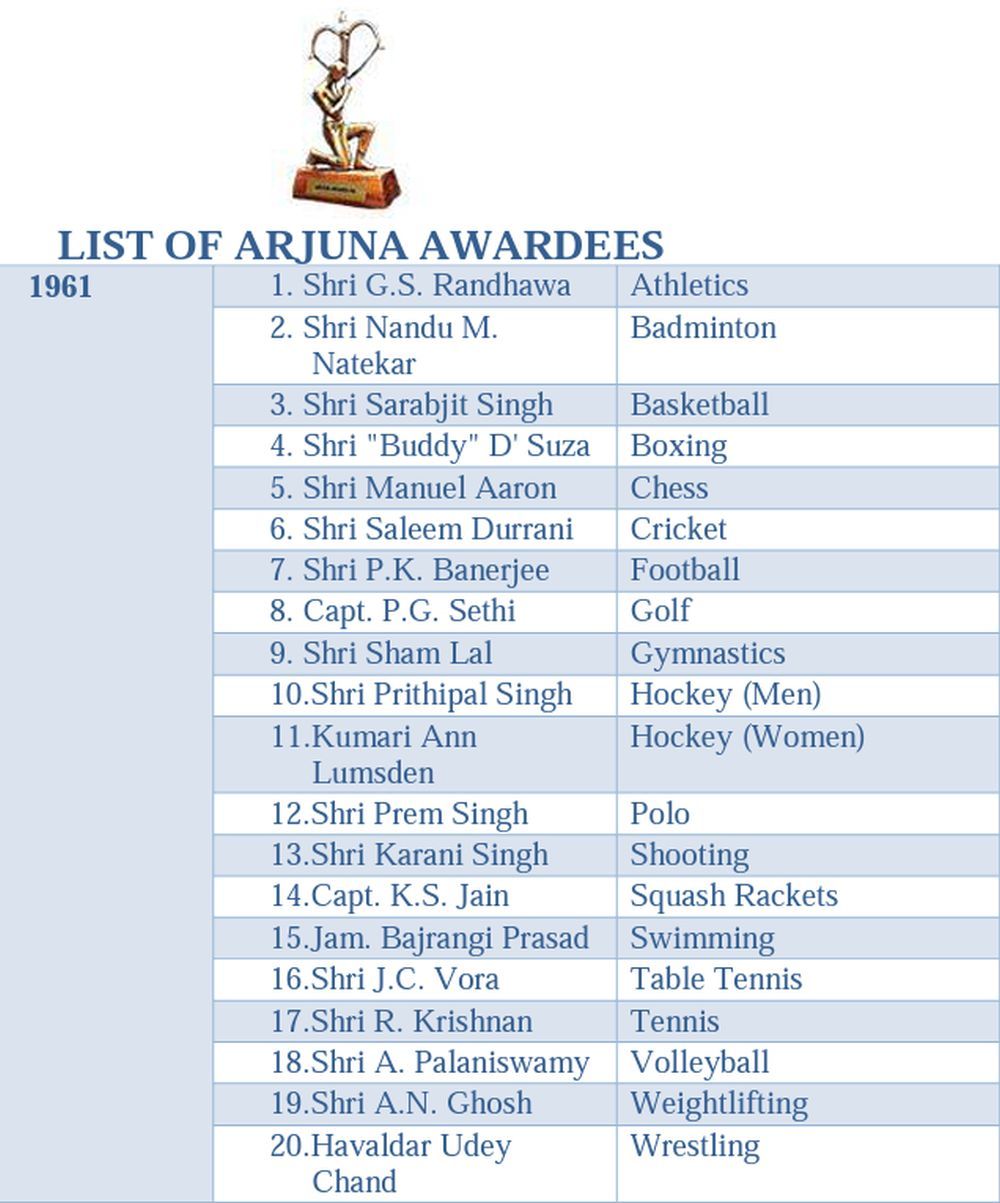
I played in a Tamil Nadu state team chess championship in 1986. The final day function was held in a place called Dharmapuri. It was a very small hamlet kind of thing in those days, now it's a town. Understanding that nobody would understand him if he speaks in English, Aaron gave a long speech in Tamil. It was one of the most positive speeches I have ever heard. It was all about how to popularize the game in a, in a Hamlet - like Dharmapuri in the 1980's. He told them where they could get chess boards and pieces. Open a place, just encourage youngsters to come and play. Conduct tournaments whenever you can, there need not be great prizes, but give some prizes so that the children would love to come back and play again and again. A very, very simple speech for very, very simple folk in a small town, encouraging them how to play chess. In my opinion, Tal club is not his greatest achievement. His achievement was first of all, founding this district associations of Tamil Nadu. Now you see the Grandmasters in Tamil Nadu!

SS: Exactly, that's what I was going to say. It has like 27 GMs now in the state. All the time, new talents keep on coming up and everyone is asking What is special that Tamil Nadu that? It has so many GMs, maybe the foundation was created at this point by Aaron.
VS: Yeah. He had a special relationship with Dr. N. Mahalingam. He is one of the greatest men who I ever had the pleasure of meeting and shaking hands with.
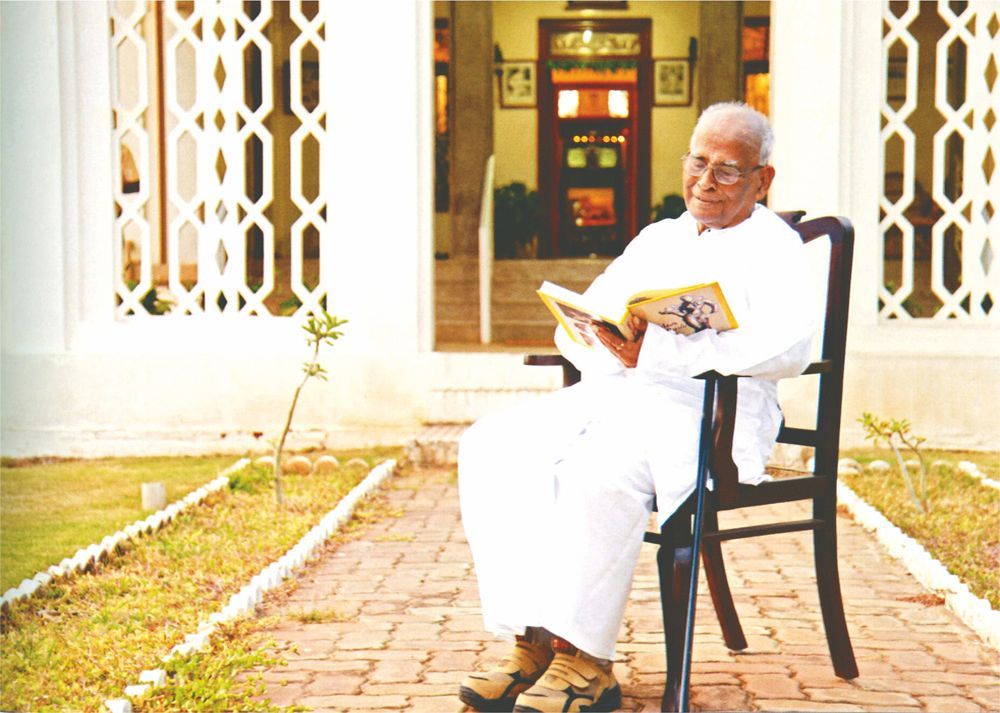
Dr. N. Mahalingam was the President of the All India chess federation, and Aaron was the secretary. They accomplished many positive things, starting with creating Grandmaster tournaments where Vishy Anand achieved the Grandmaster title. Manuel Aaron was the secretary of AICF when Vishy Anand became a GM in 1987.
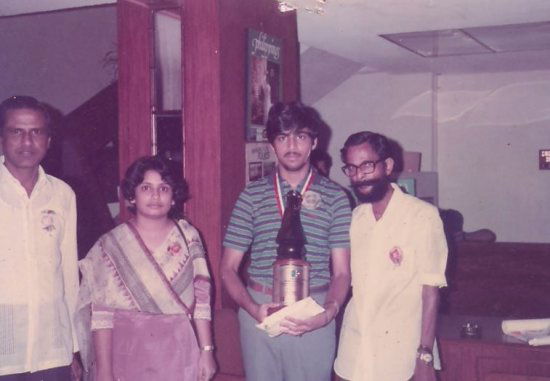
So many things which have resulted in today's scenario where India is now a global superpower in chess, started in those days by people like Aaron. I would say Aaron was in the forefront of that movement which has taken chess where it is today.
SS: Phenomenal. Yeah, it's so inspiring, and I think we should remember these greats. Today we are talking about Indian chess going places, everyone speaking about how we will be a superpower in a few years, and we go back into 1960s and Indian chess was almost nowhere! The way it has been built up brick by brick is amazing.
VS: There's a nice story. In 1989, Indian bank, where Manuel Aaron was working as a chess player and where DV Sundar came from, who established a strong base for chess players in Indian bank by recruiting so many players of those times.
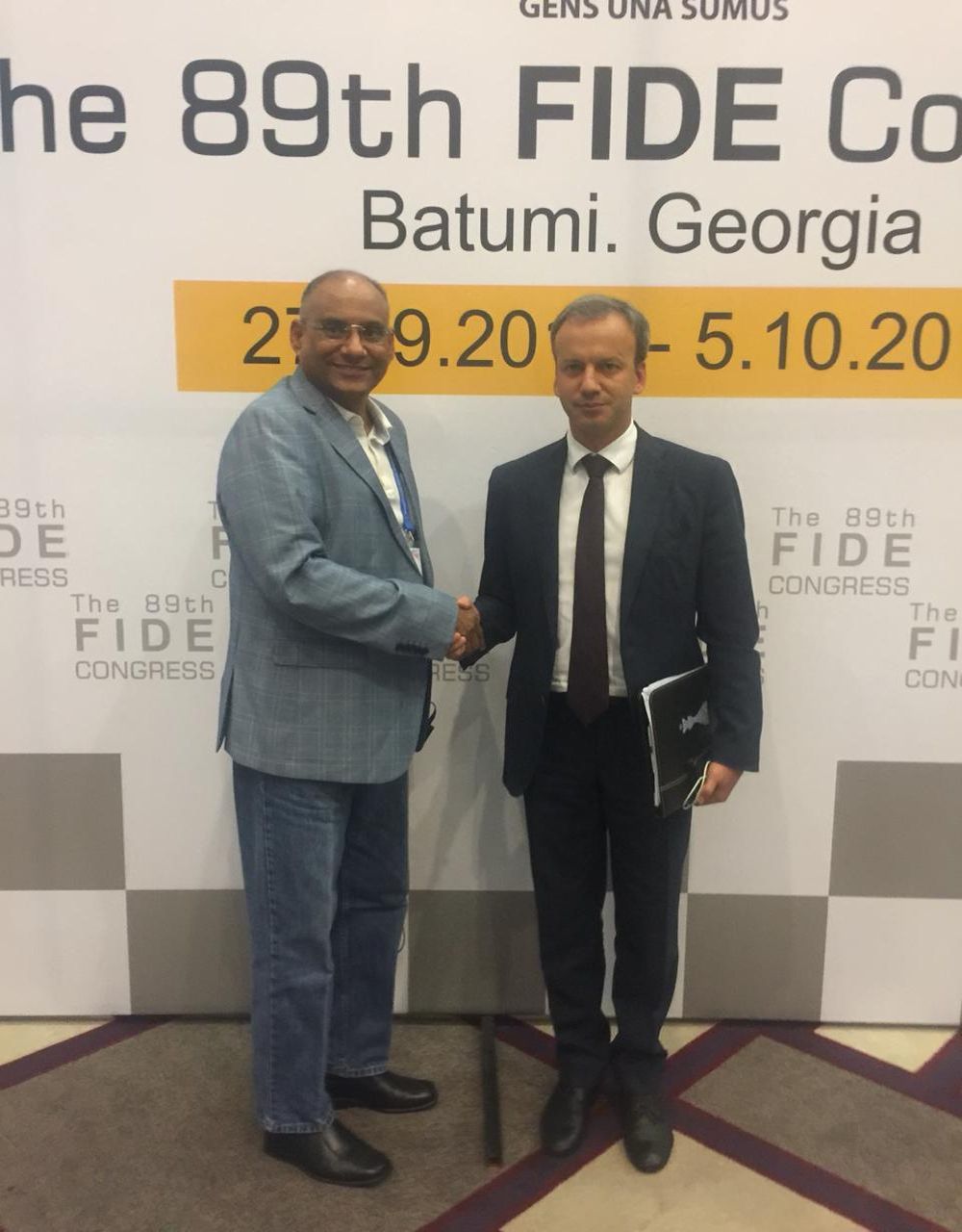
Aaron and Sundar used to conduct the Indian Bank open in Chennai every year. It was a very good tournament by those days' standards. First thing is, they would give a very good tournament hall. Unfortunately, back then even National A and National Bs were played in shabby tournament halls. One year, they suddenly made the Indian Bank open a knockout tournament, and they invited Vishy Anand as the Chief guest. uses speech and says Indian bank has done many inventions those days.
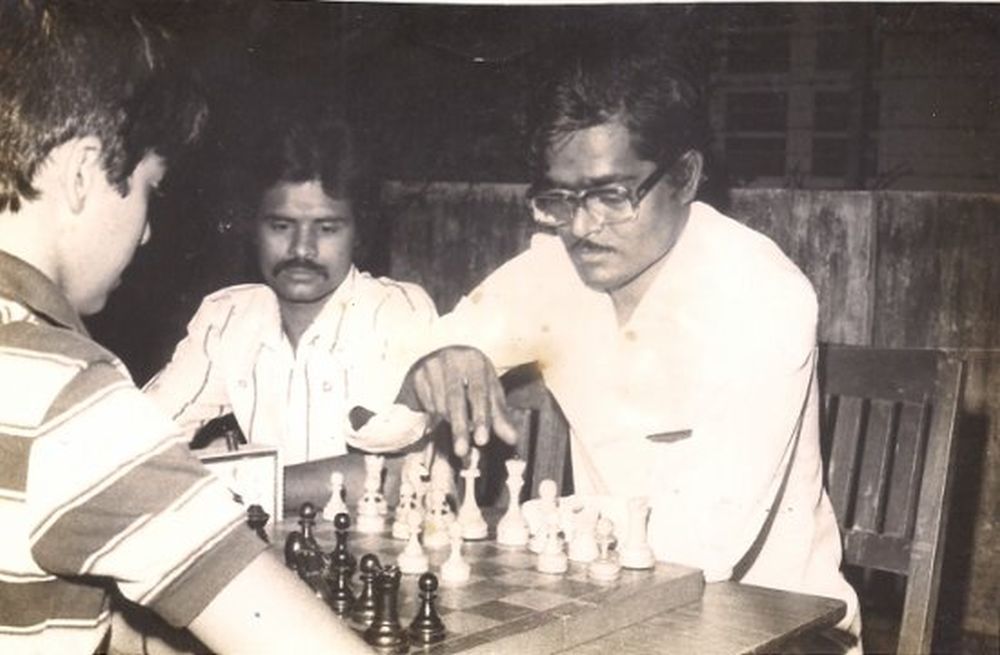
At the time, India had about 10 International Masters if I remember rightly. Most of the games between two international masters will end in an agreed draw after 10 moves. Sometimes they wouldn't even bother moving the pieces, they will just write the moves on the scoresheet and hand it to you. It was all taken very normally back then; they were different times altogether. When Vishy Anand came to the 1989 Indian bank open, he said in the function:
I'm very happy that the Indian bank open is a knockout, to make some of our lazy international masters play each other.
They had a knockout event, so that you're forced to play to proceed to the next round [chuckles]. I'm very sure, you know, these kind of ideas, so many things Aaron has done in his lifetime.
Lajos Portisch vs Manuel Aaron, Varna Olympiad 1962
SS: Portisch was one of the best players from Hungary at that point.
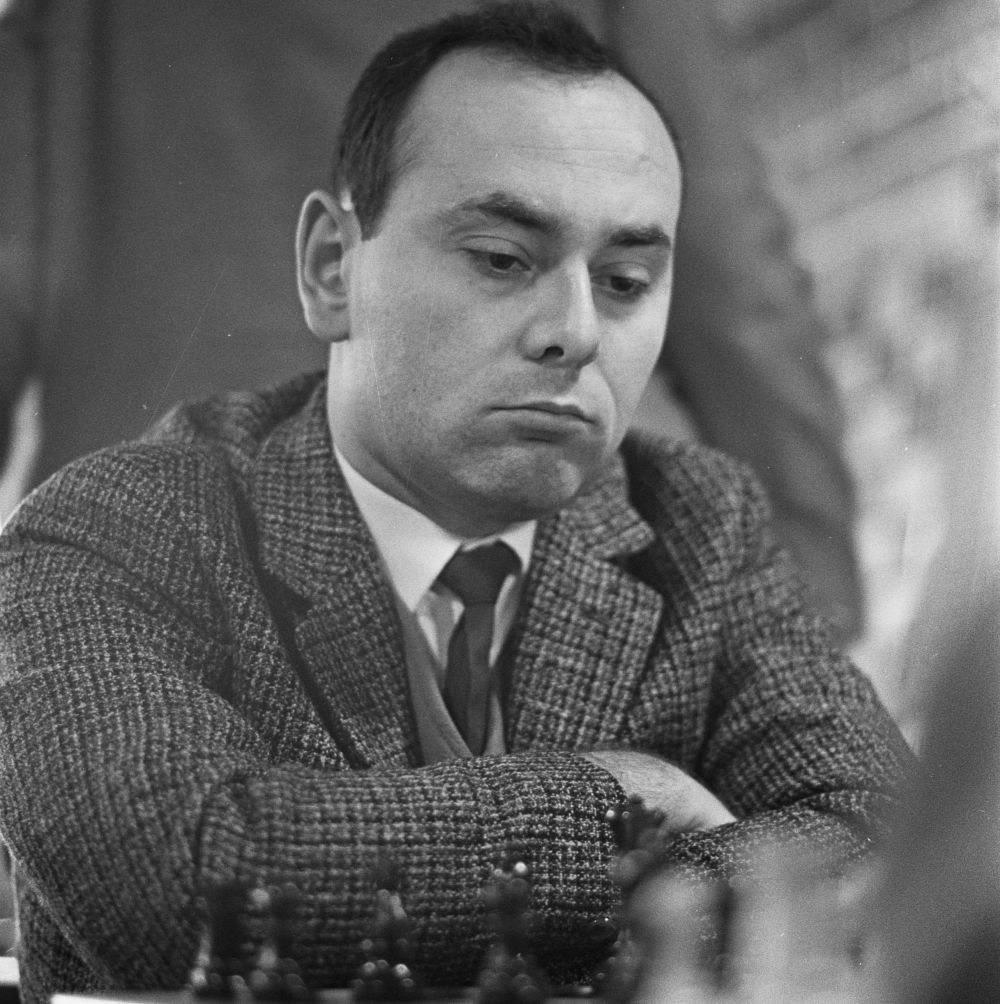
VS: Yes, he was a fantastic player. By the way, one book by Portisch has been overlooked. Portisch has written a very good book on endgames. For some reason, it never got the prominence that it deserves. I didn't have it, but I had the pleasure of borrowing this book from a friend in London for a week. It was simply wonderful!
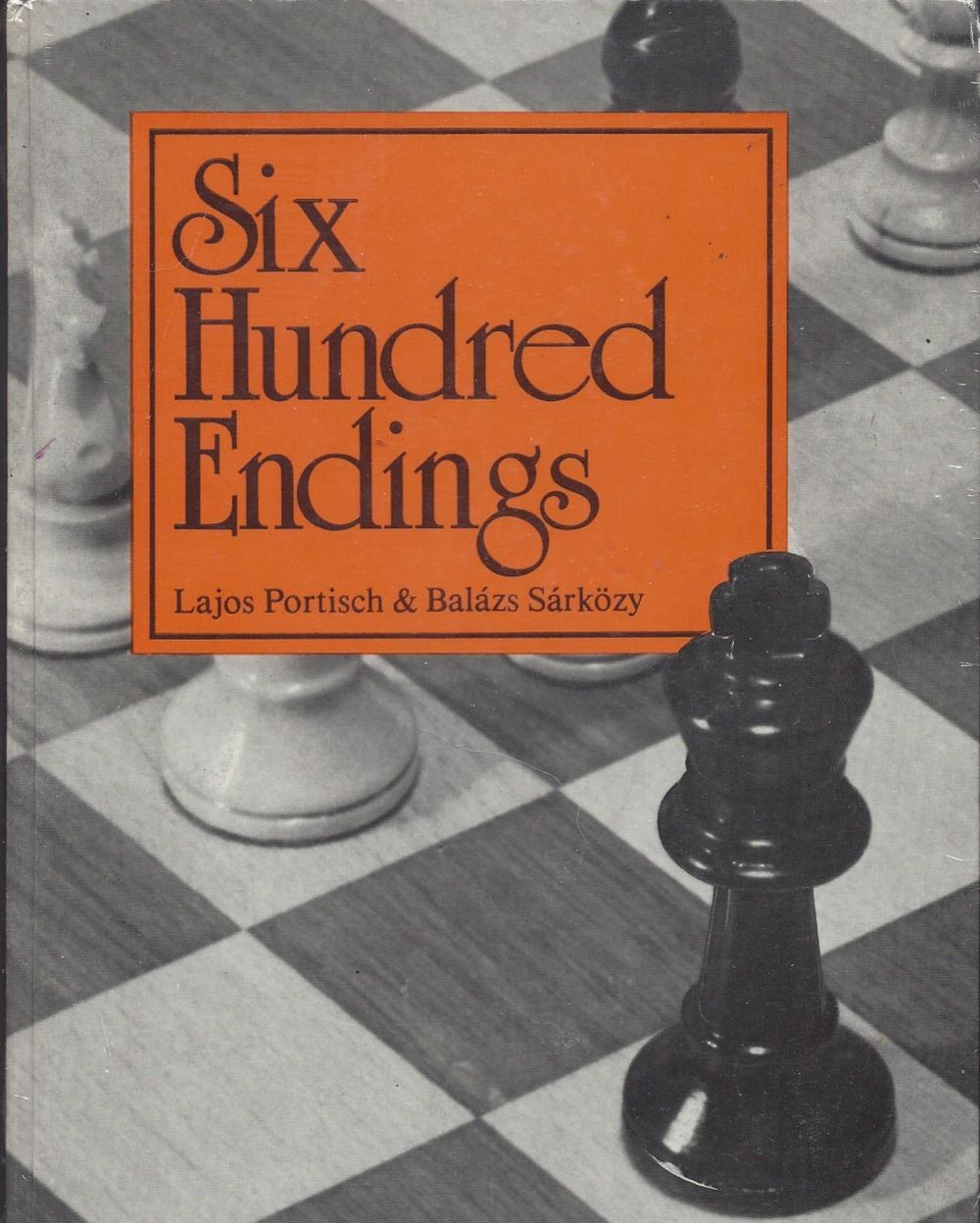
SS: We have the King's Indian on the board. Was the Kings Indian popular at that point of time? Because I think Fischer had not yet come into prominence back then.
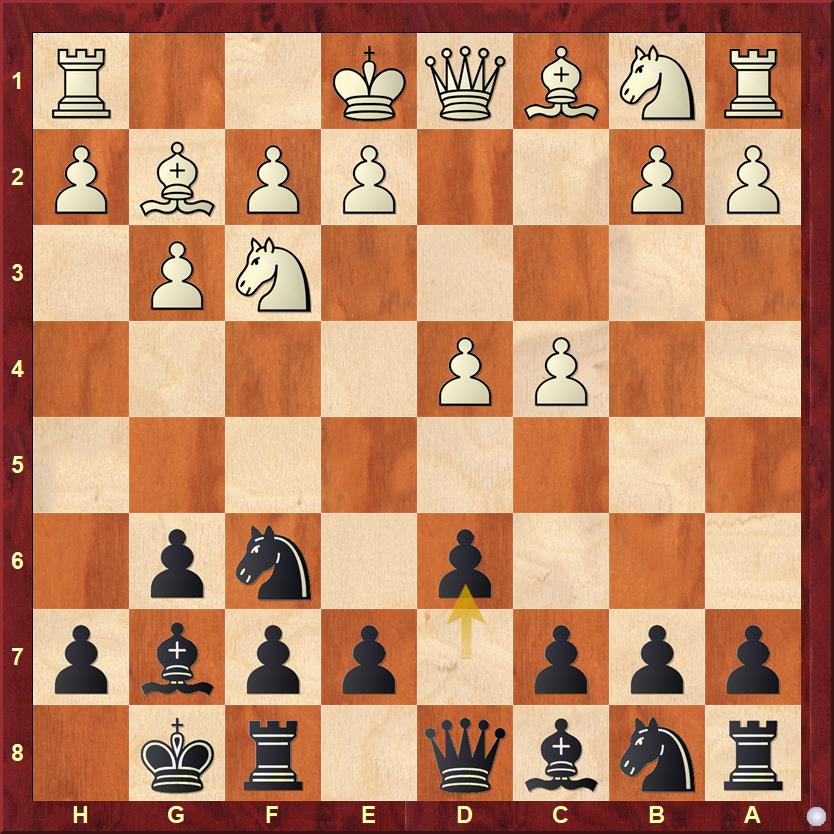
VS: There were players like Bronstein who played the Kings Indian then. In those days, you didn't have a system where all the games from all the tournaments used to get published. The World Championship matches, candidates match, and some USSR championships were published. If you were lucky enough to get Magazines published abroad, there were magazines like Shakhmatny Bulletin, British Chess Magazine and Chess Life and Review.
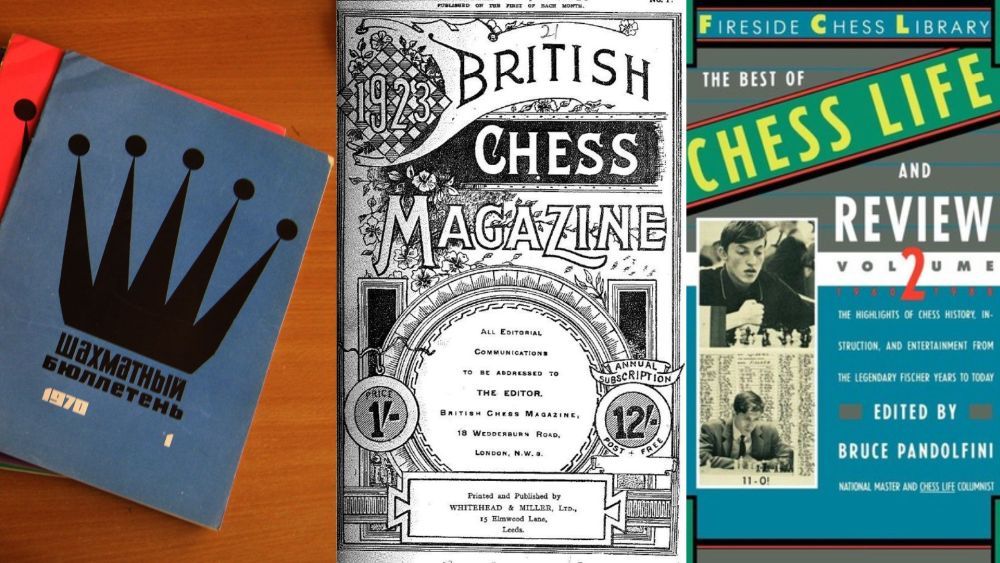
What you used to get in these magazines is only the top-quality games. So, if you had one bronze-winning team who play the Kings Indian, then it was reasonably popular. In the 60's and 70's, Queens Gambit declined took the center stage in openings.
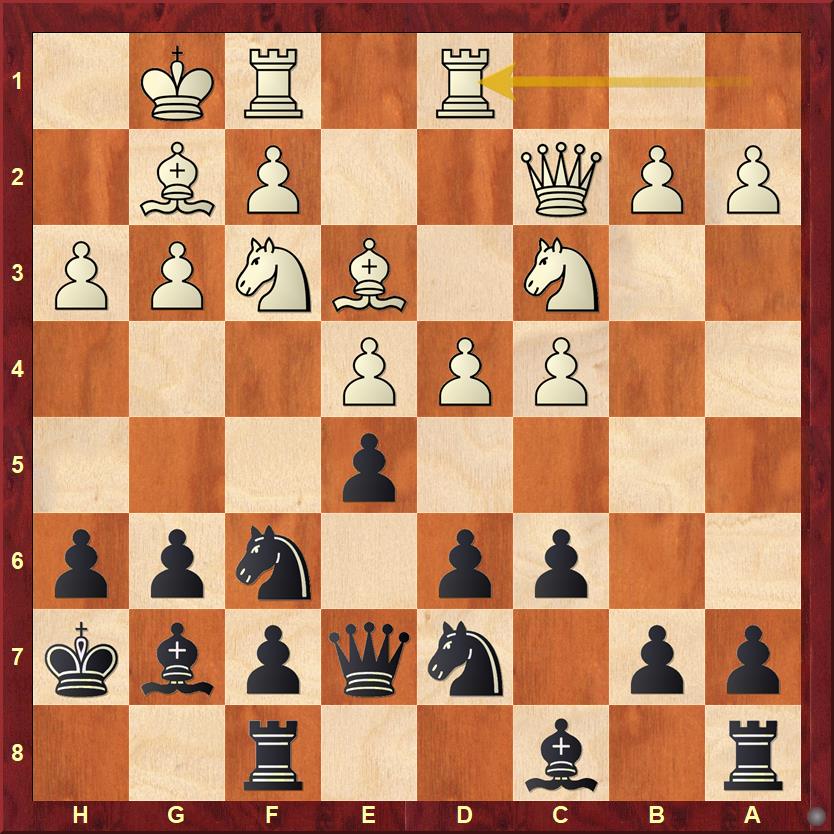
SS: In the present days, you try to play in the center with ...exd5, or play ...a5 followed by getting the knight to c5. But in those days, it was all about the attack! Here Aaron played ...Nh5 followed by ...Rg8.
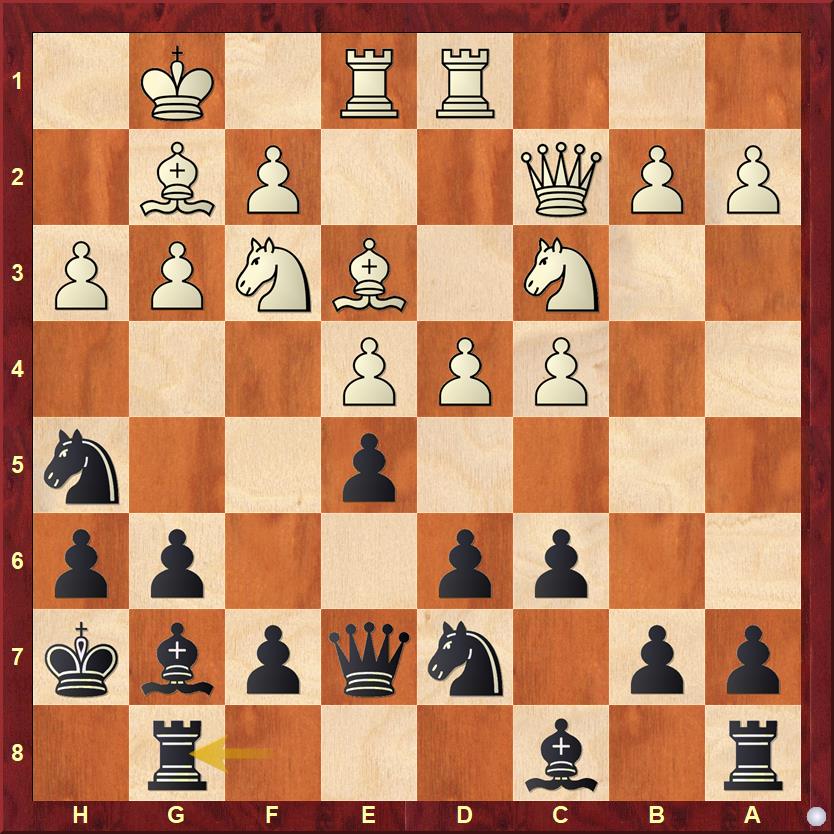
VS: Suetin's curse is coming [laughs]. Aaron very strongly believed in material from the beginning. He would sacrifice material very rarely, and he would almost never ignore material given to him.
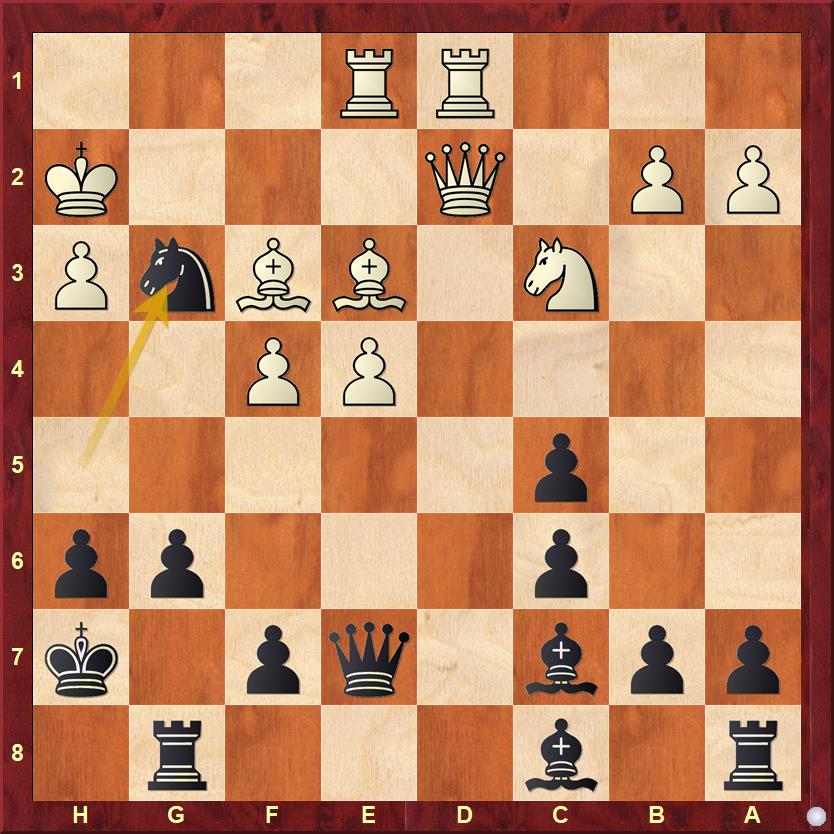
VS: In the last few moves, the game has turned. Before that, both players were playing in the center. Okay. White, no doubt. White was slightly better. Always. You know, you cannot call Aaron a dynamic player or an imaginative player. He was more of a logical player, but I'm not surprised he found ...Nxg3, because every logic points towards this move. The Kingside is weak, and the g-file will open up soon. I should also tell you; Aaron was a dynamic player in a certain sense. Most Indian players of those era were what GM Alex Yermolinsky would call "spit and polishers" - they would make it happen slowly. But Aaron had that dynamism in him.
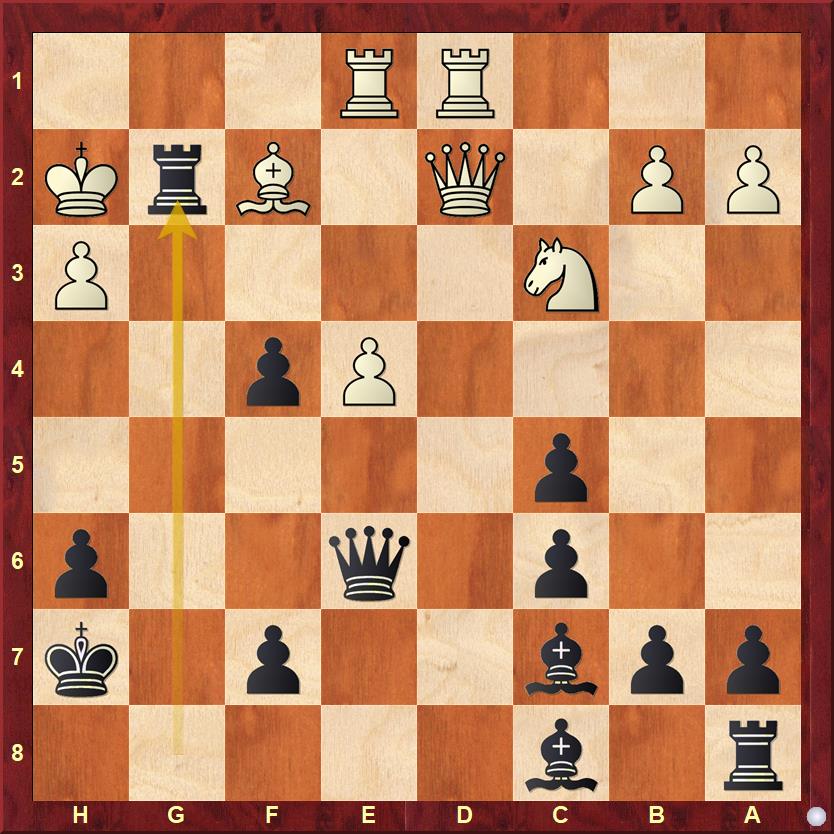
SS: Aaron defeated Portisch once again in the 1962 Stockholm Interzonal. It was the same interzonal where he met Fischer, and he played against him where he was doing quite okay till a point. He eventually lost the game, and he said that Fisher generally despised the people from Soviet union, so he would look for other people to talk with. Aaron was one of them!
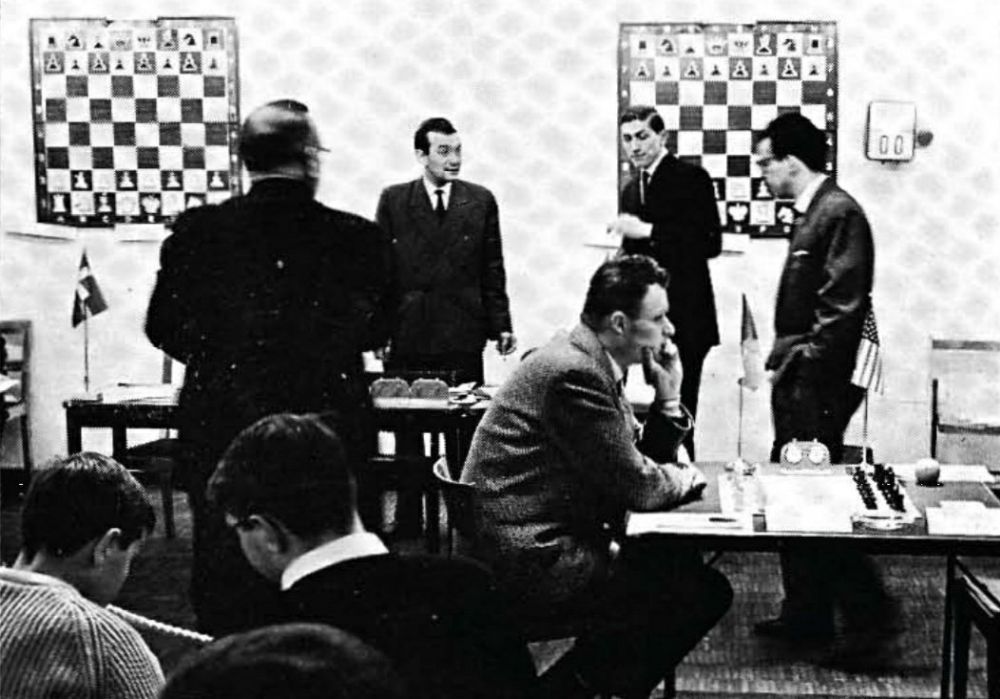
I think he spoke about some kind of cloth which was found in India, some tailors in India and all those things with Aaron. Aaron knew the best in the world! In all senses, he was the first representative of India playing at the highest level.
VS: Growing up, when I learned my chess in Coimbatore, this is how they used to introduce Manuel Aaron:
Here is a man who has actually spoken with Bobby Fischer in flesh and blood.
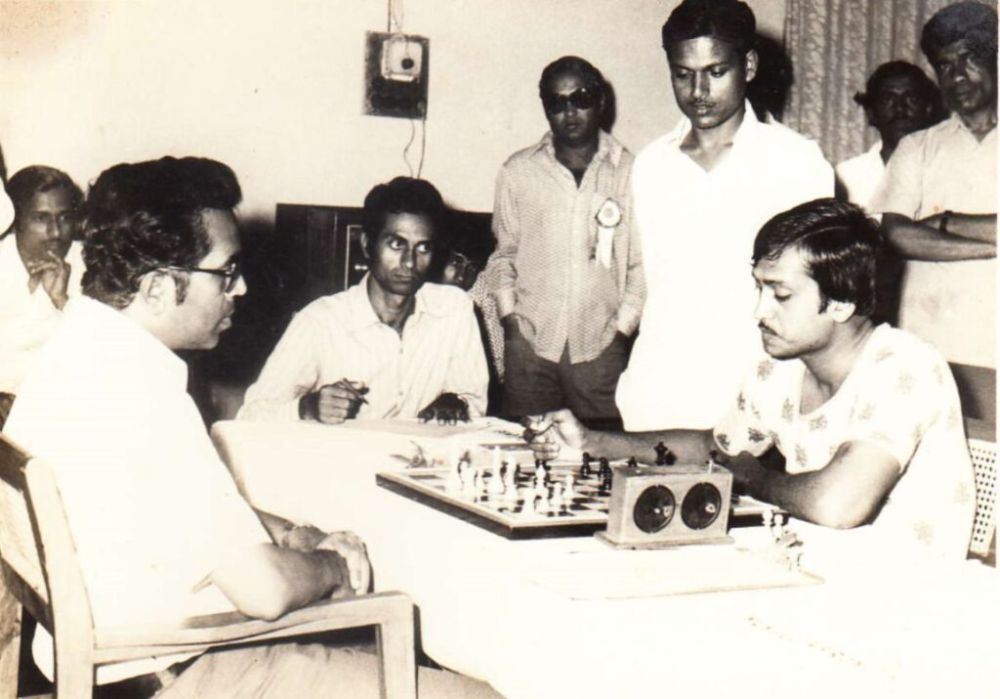
Aaron is playing against the veteran player named Abid Ali, and next to Abid Ali is Rafiq Khan.
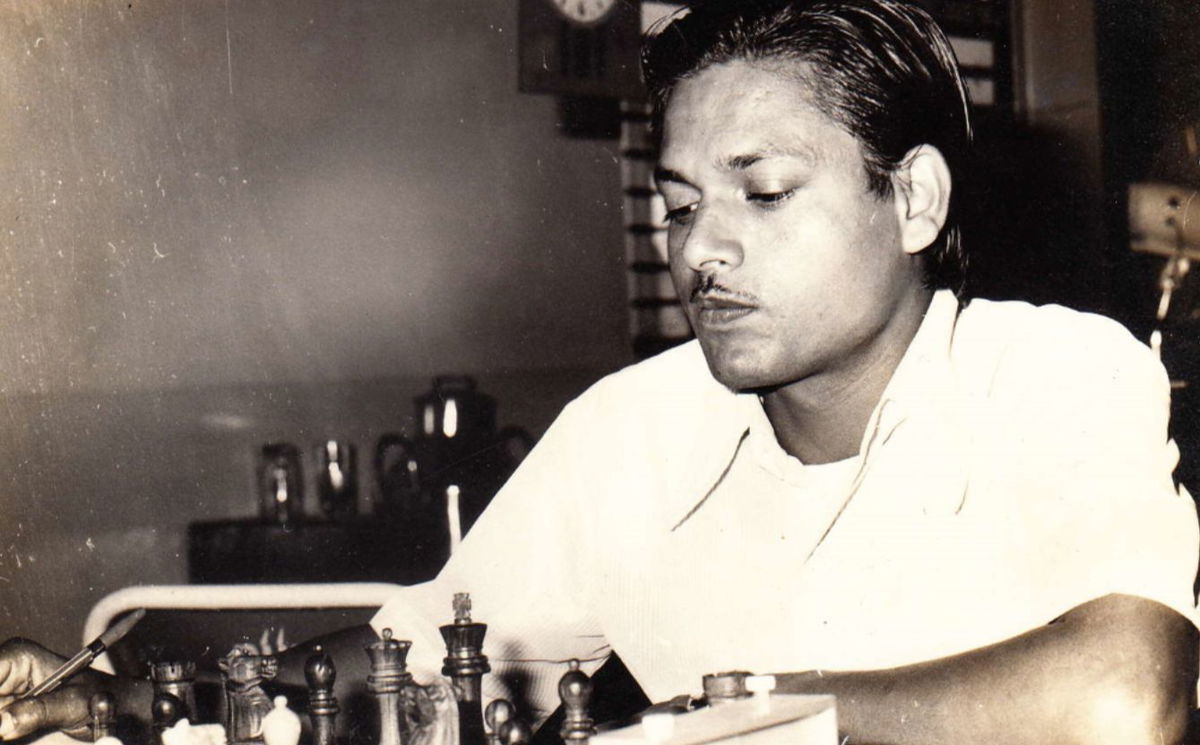
SS: I think of Manuel Aaron as someone who has so many stories, so many things about chess that he knows that happened. He's like an encyclopedia! He has also co-written the book "Indian chest history" with Vijay D. Pandit.
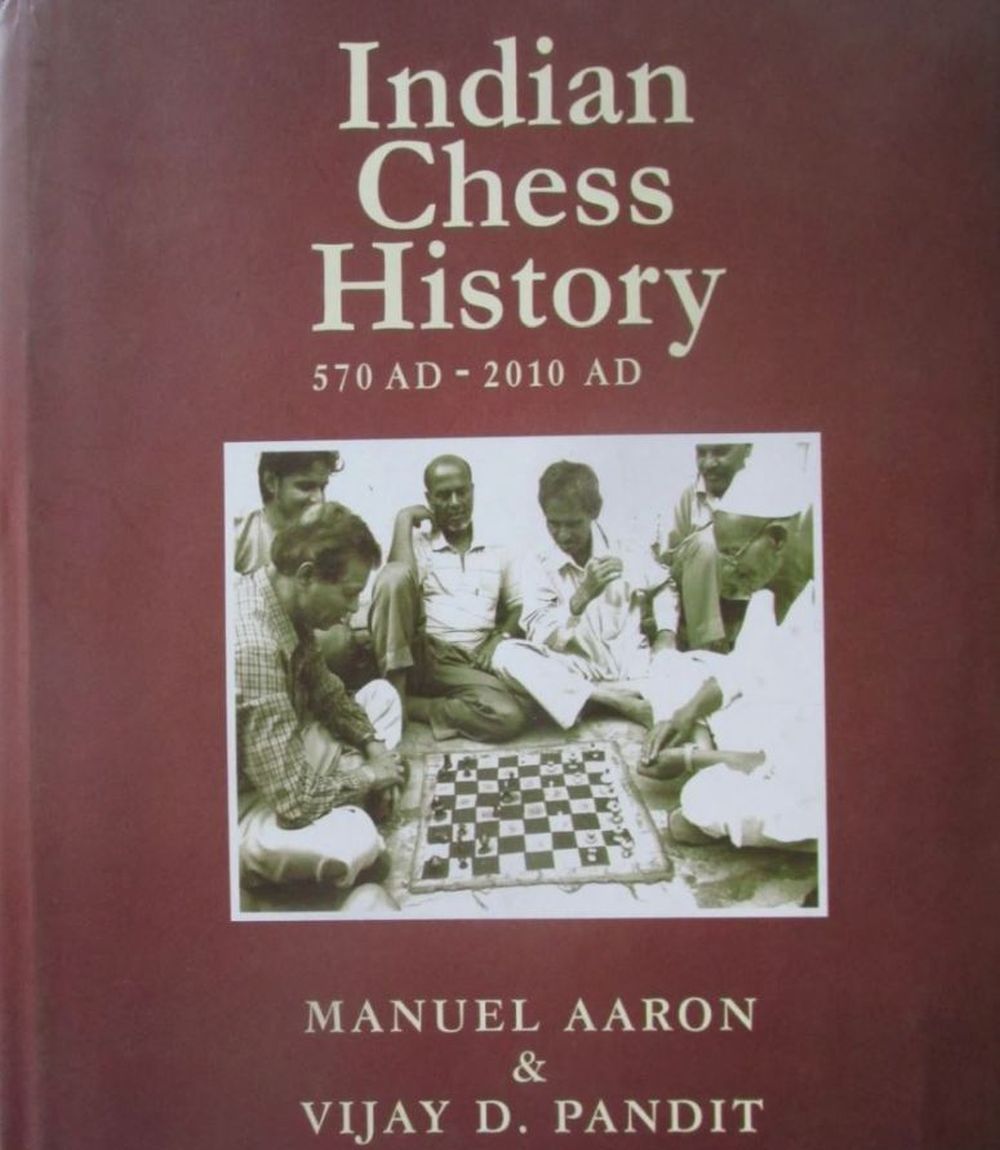
This book covers Indian chess history from 570 AD - 2010 AD. It talks about all the national champions of India. This is the only way we can get know about players like Abid Ali!
VS: Aaron was also a columnist in the Hindu newspaper, in which he used to write a weekly column. He used to write about all these things, we all used to wait for the Hindu on Sundays for Aaron's column. I wish someone had collected these snippets from those periods and documented them, because we are lost a huge bunch of chess history which was written in these columns. I'm very sure that Aaron still has many stories to tell about Indian chess history, which is of big value to Indian chess.
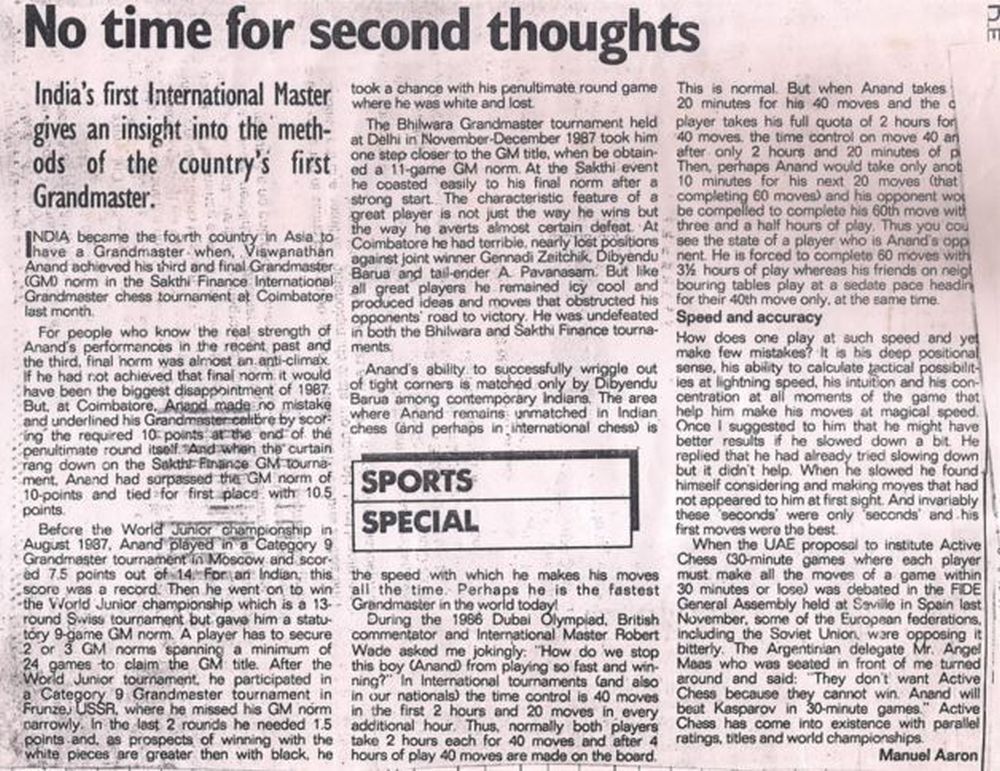
I became a subscriber to the Chess mate magazine in 1985. I was very disappointed that in some issues, some of the games were not annotated, because I could not understand them. I had just started playing chess at the age of 14. So, I took a postcard and I wrote to the Chess Mate editor, Manuel Aaron: "Dear Mr. Aaron, it'll be good if you publish more annotations in your magazine, because I do not understand these games without your commentary." I got a reply within 10 days in the same postcard, type-written! He was a man of many talents, including soft skills - he used to type quite fast on the typewriter. He had replied:
Dear young man, we note your interest about annotated games in chess mate. In the coming issues, we will try our best to accommodate your request.
I mean, this is not customer service. You didn't have American business gurus to tell you how to increase your clientele. This is simply the courtesy of a magazine editor, just replying to a young boy who wanted annotations in his magazine, because they know that it comes out of an interest about chess.
SS: Even when I met him two months ago, I asked him, what are you doing on the computer? He said he's annotating a game for chess mate. He's still doing it! He says now it's become easier to annotate because of the engines. With changing times, he has also changed his perspective and using engines to annotate games.
VS: In the 80's, first they used to block set the magazine. Aaron would just type the magazine and send it to the publisher, and the publisher will publish by printing blocks. But there was a period when he will type out the entire issue in his electronic typewriter, which will be taken as a negative and printed straight from there. So, he would sit and type the entire 64 pages minus the advertisements and photographs. I have seen it with my own eyes!
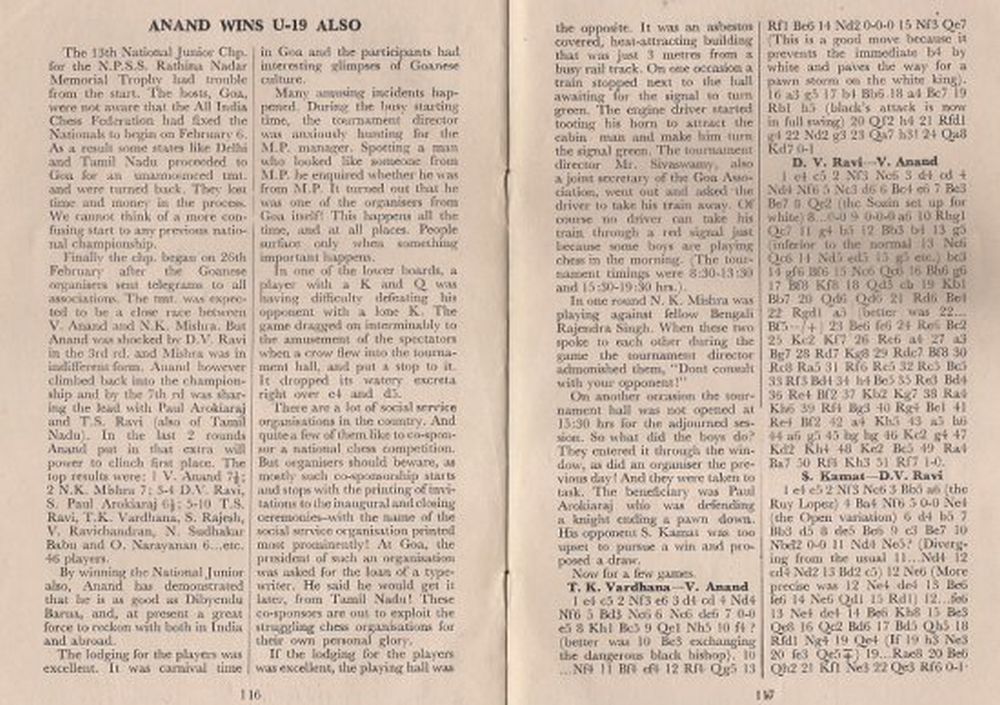
SS: He did it for no likes, shares or subscribers - just for the sake of what you love. Because of such people, chess in India has kept on growing. Thank you Saravanan for the wonderful stories about Manuel Aaron!
VS: Thank you for having me!




























































































































































































